Introduction to Chess Monarchs: The King and Queen
Chess is a strategic board game that simulates a battlefield where two opposing forces clash with the objective of capturing the enemy's king. Central to this game are the king and queen, which are the most crucial pieces in terms of game strategy and outcome. Here, we explore their roles, movements, and strategic importance within the game of chess.
The Role of the King in Chess
Movement and Restrictions
The king is the most important piece in chess, yet it is not the most powerful in terms of movement. The king can move exactly one square in any direction: up, down, left, right, or diagonal. This limited range highlights the king's vulnerability and the strategic necessity of keeping him protected at all times.
Check and Checkmate
A key objective in chess is to threaten the opponent’s king with capture, which is known as putting the king in check. If a king is in check and cannot escape capture through any means (such as moving to a safe square, capturing the threatening piece, or blocking the attack), then the scenario is termed checkmate. A game concludes immediately with a checkmate, signifying the ultimate capture of a king, hence winning the game.
The Unique Ability of Castling
Among the king’s limited moves is the special ability of castling. This move involves the king and one of the rooks (either on the king’s side or queen’s side). It is the only move in chess where two pieces, the king and a rook, move simultaneously. The king moves two squares towards the rook, and the rook moves to the square on the other side of the king. Castling is performed under strict conditions: neither the king nor the rook involved may have previously moved; there can be no pieces between the king and the rook; and importantly, the king cannot be in check or pass through a square that is attacked by an opponent’s piece.
The Role of the Queen in Chess
Movement and Power
The queen is the most powerful piece on the board. She combines the power of the rook and bishop, moving any number of squares in a straight line—vertically, horizontally, or diagonally. This extensive range of movement allows the queen to control a vast portion of the board and participate in multiple regions of the gameplay simultaneously.
Strategic Use and Threats
Due to her versatility and reach, the queen is often used in aggressive strategies to pressurize the opponent’s pieces and defenses. Skilled players use the queen in coordination with other pieces to set up deadly traps and forks (where a single piece attacks two or more opponent pieces at the same time). However, because of her value, players must be cautious not to expose the queen to unnecessary risks.
Endgame Importance
In the latter part of the game, known as the endgame, the queen becomes an indispensable tool due to her long-range striking ability. Her power becomes central in shepherding the promotion of pawns to the back rank of the opponent, thereby creating additional queens or other pieces on the board, essentially swinging the game’s balance decisively.
Conclusion
To understand chess is to understand the intricate roles, movements, and strategies associated with its most pivotal pieces, the king and queen. While the queen offers the broad sword with her versatile and dominant reach, the king carries the shield, as his safety ultimately defines the game. Both require strategic foresight and a judicious balance between aggression and defense, traits that mirror the complex interplay of power and vulnerability in chess.
Explore our large collection of luxurious chess sets!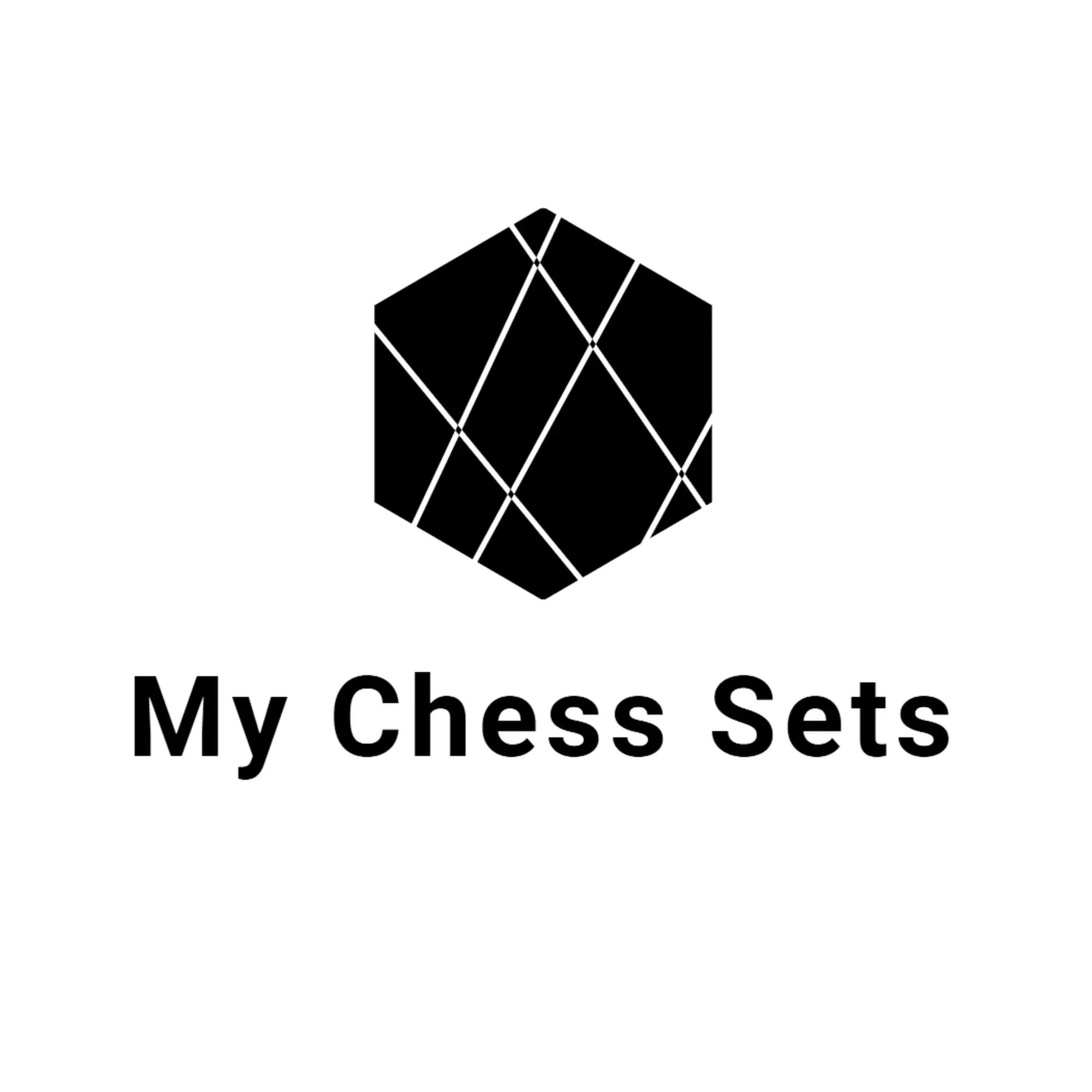
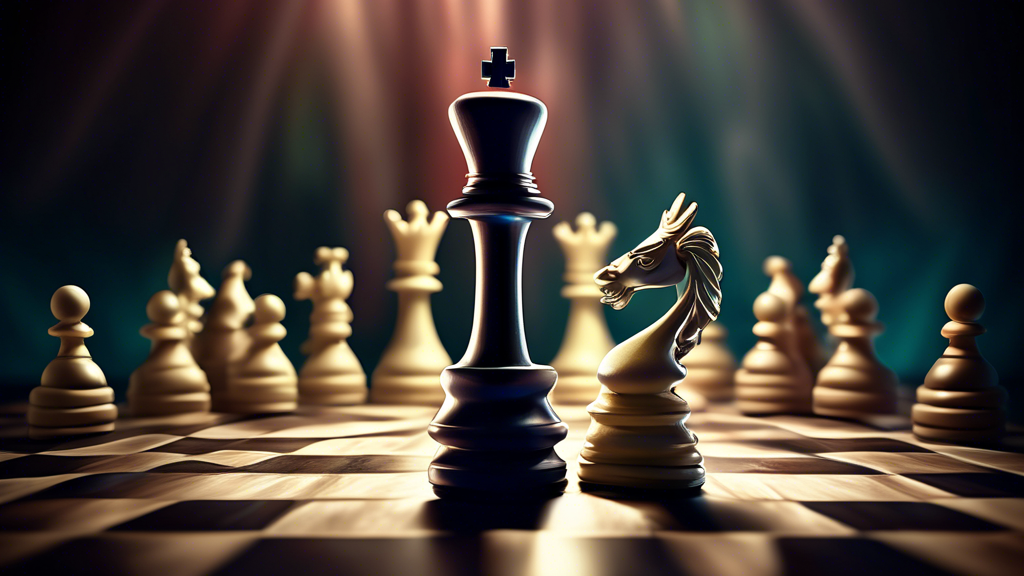
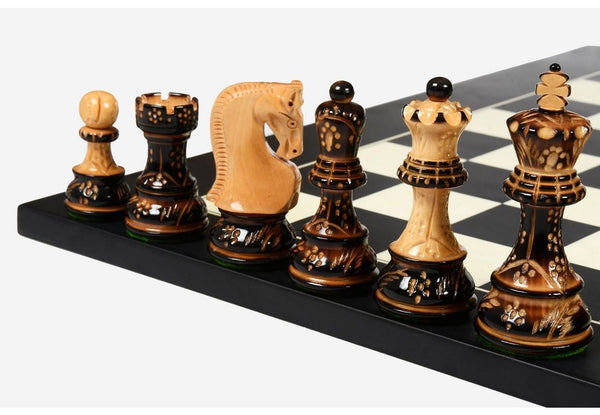
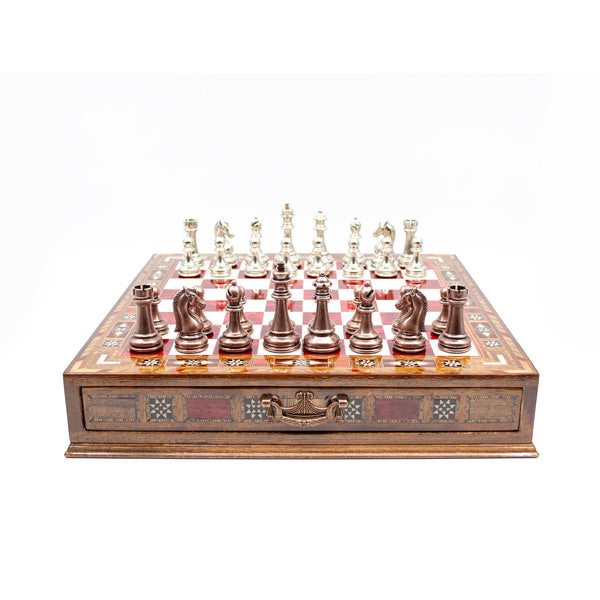
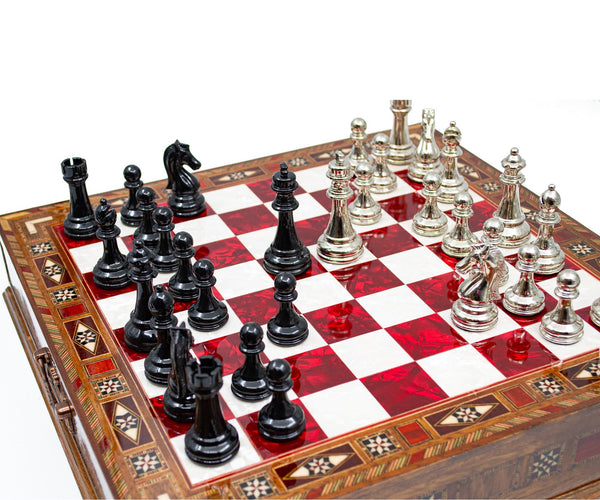
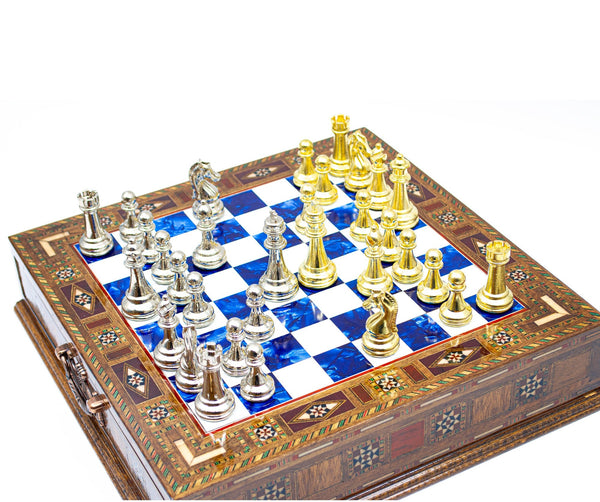
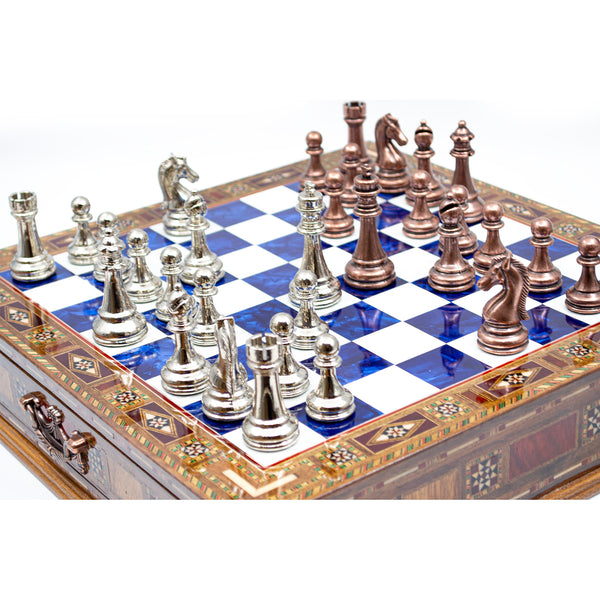
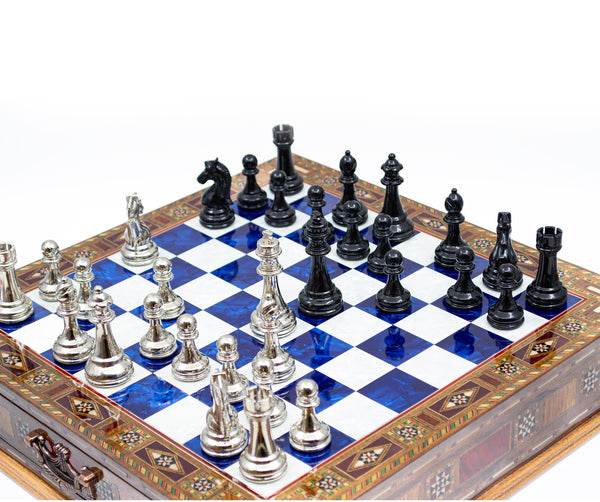
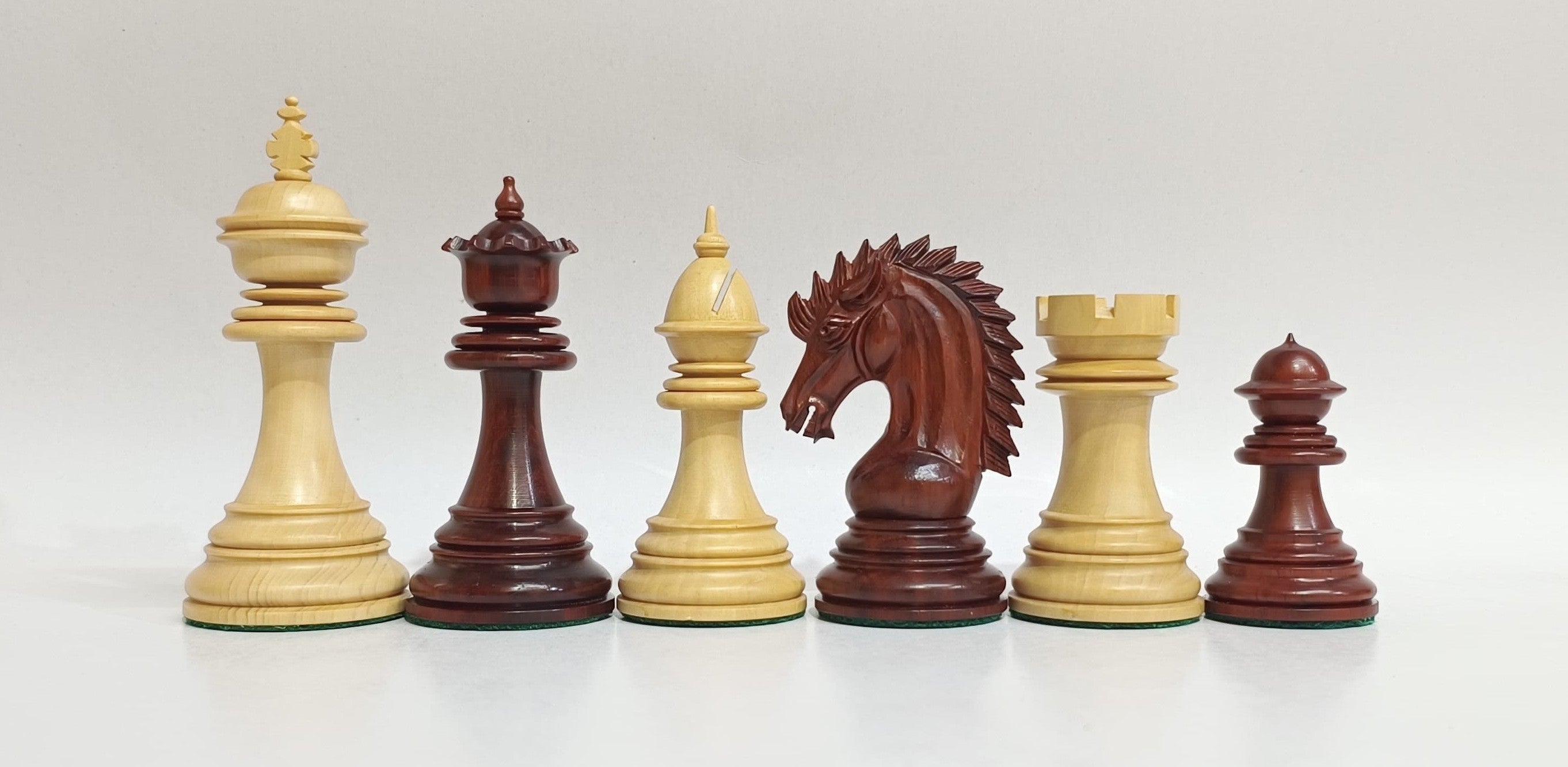
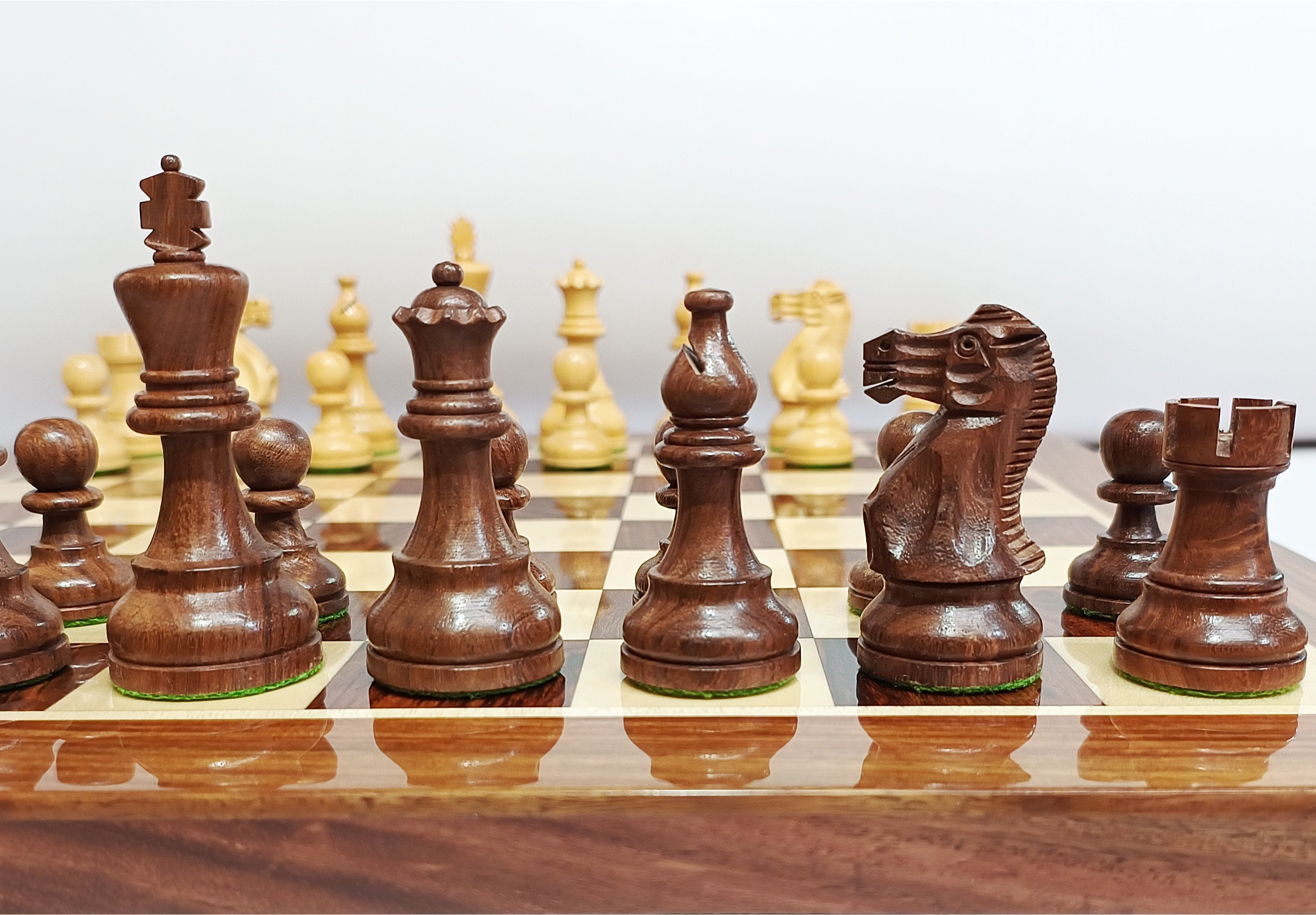
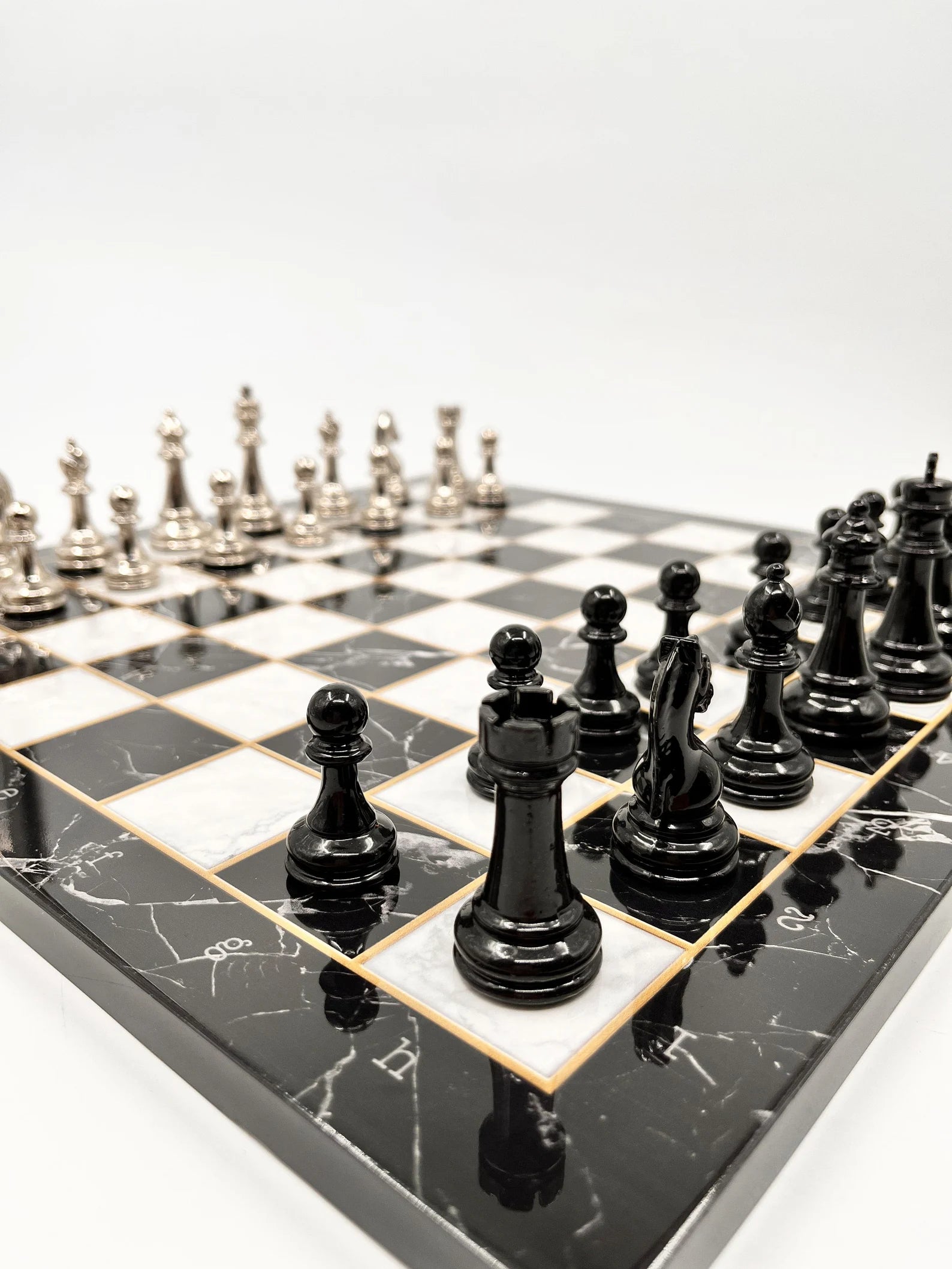
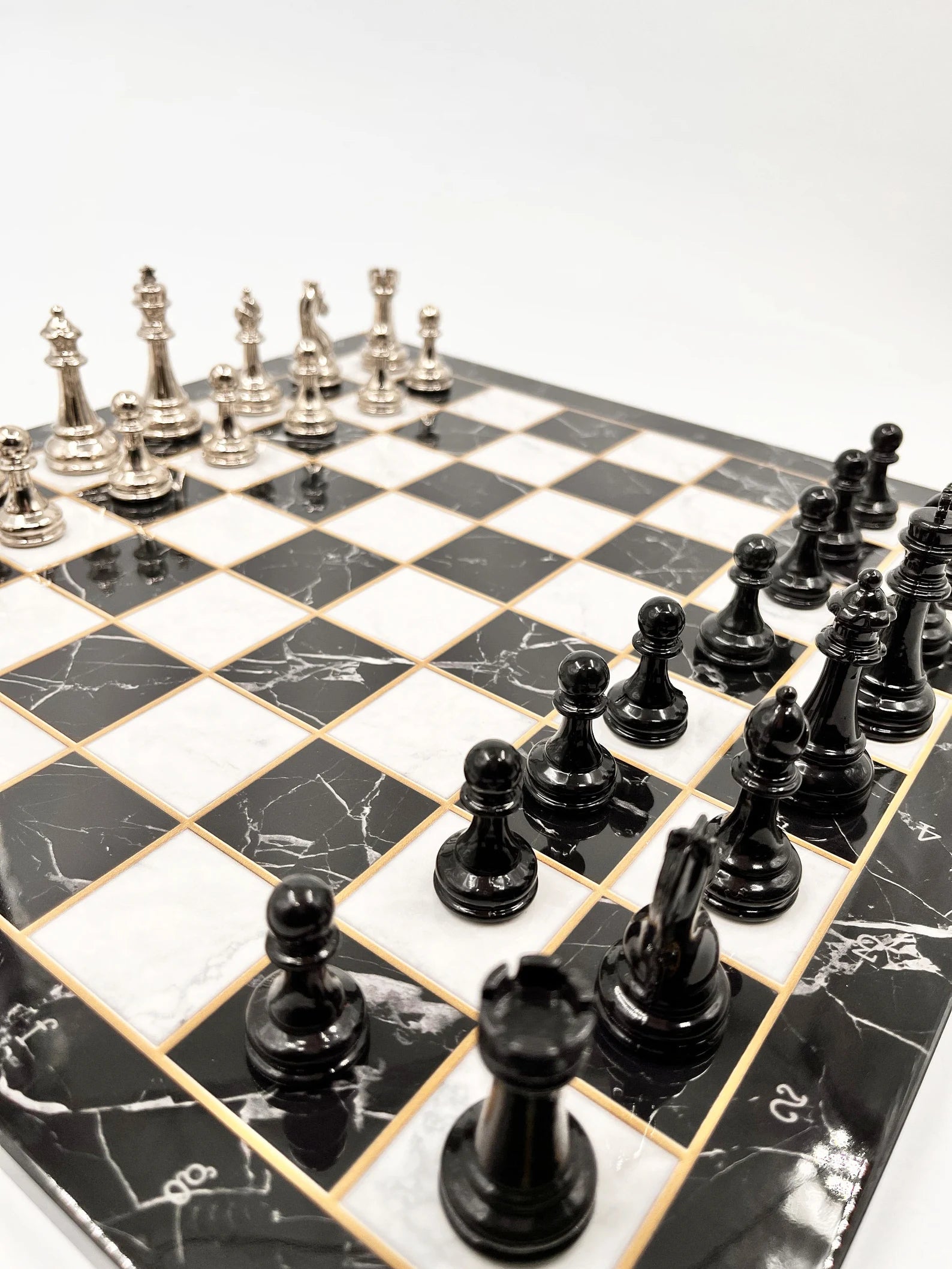
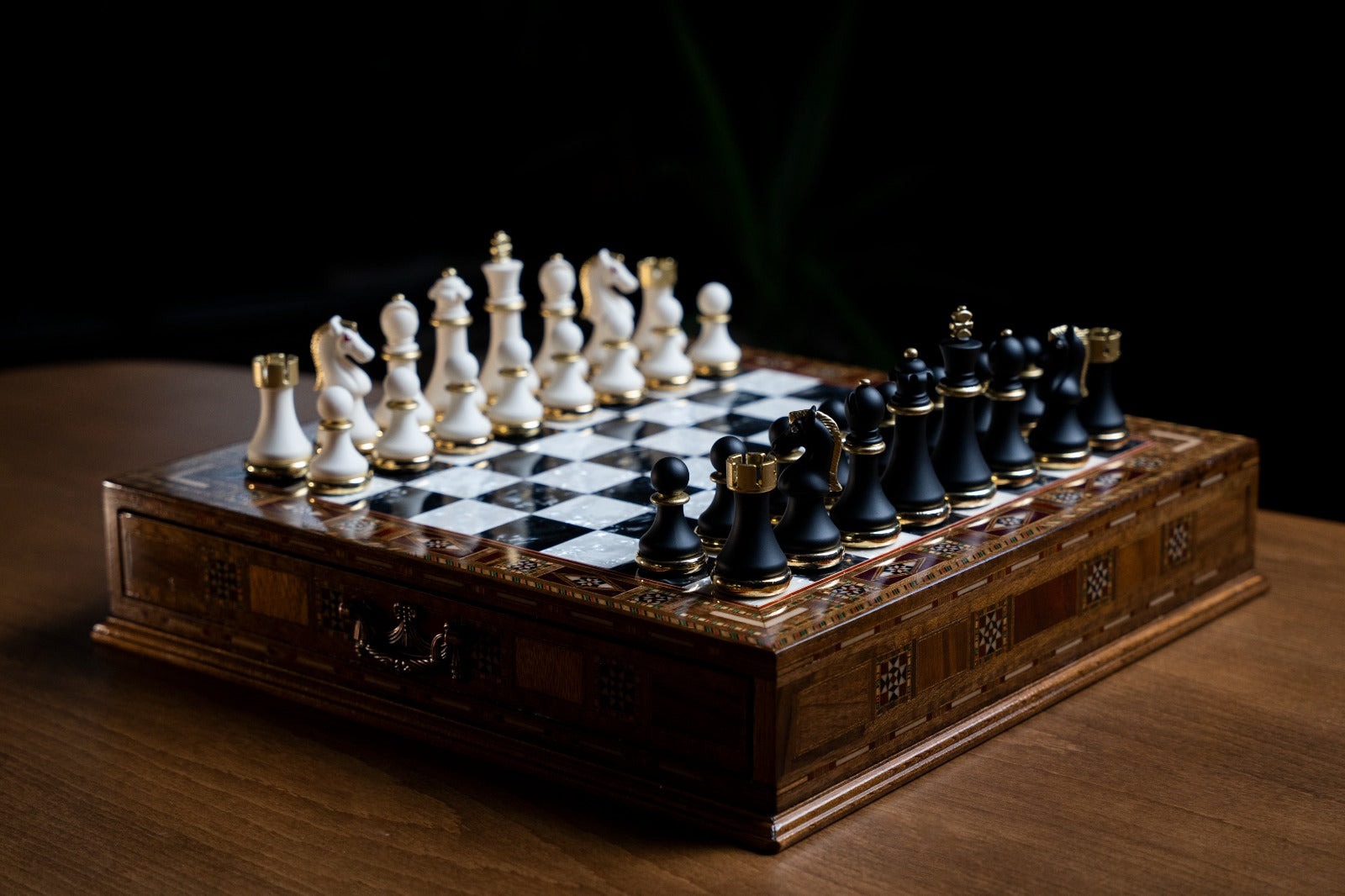
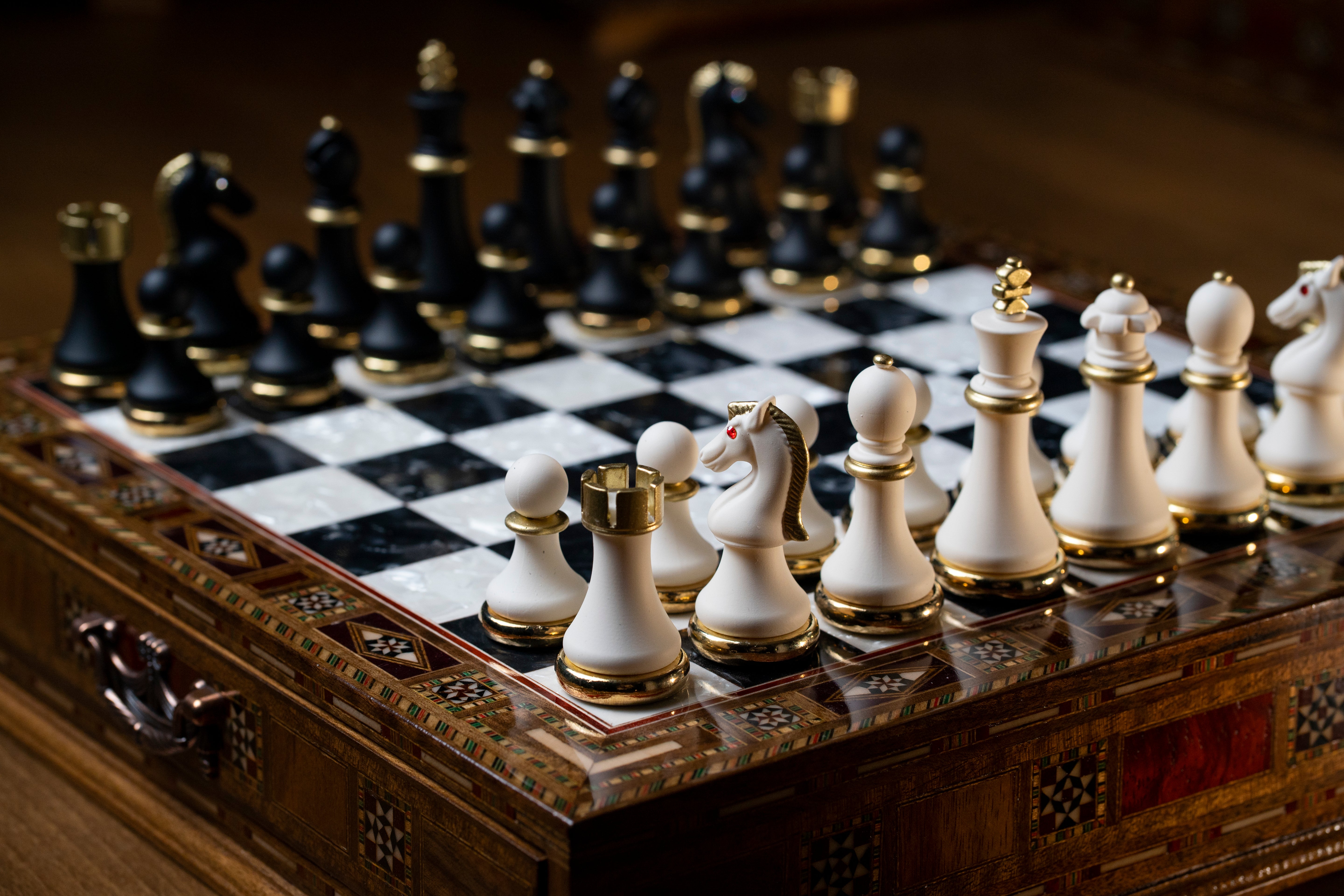
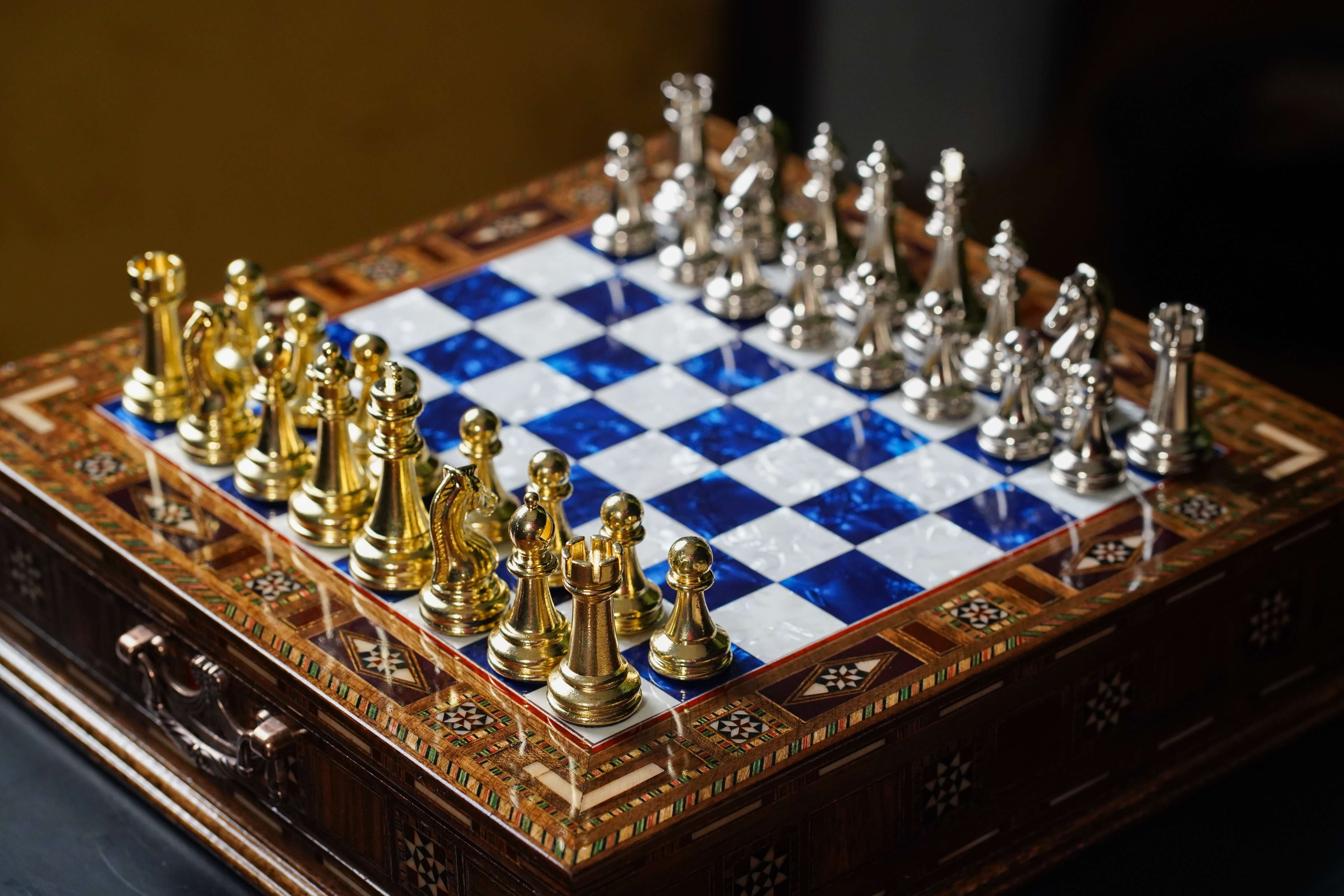
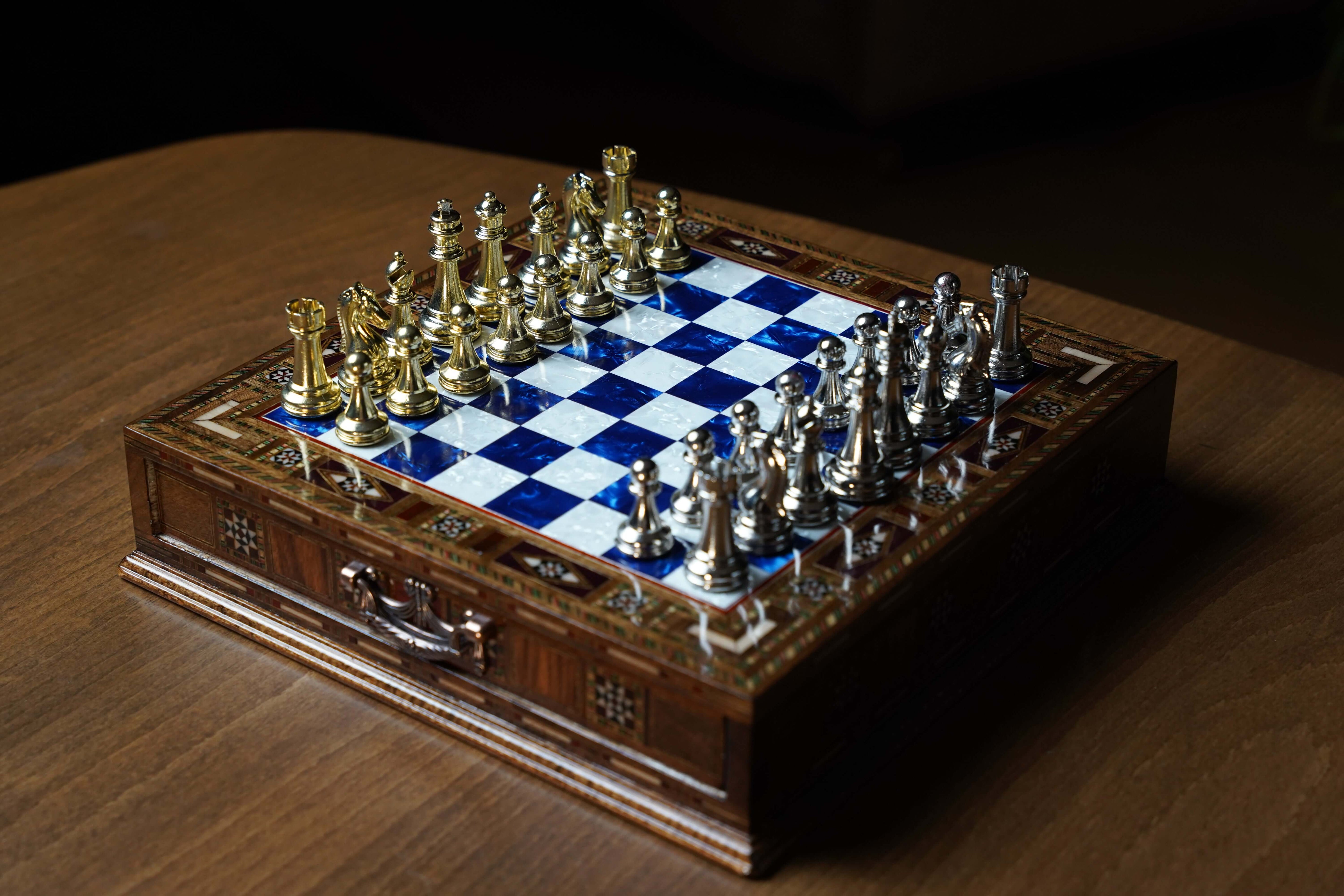
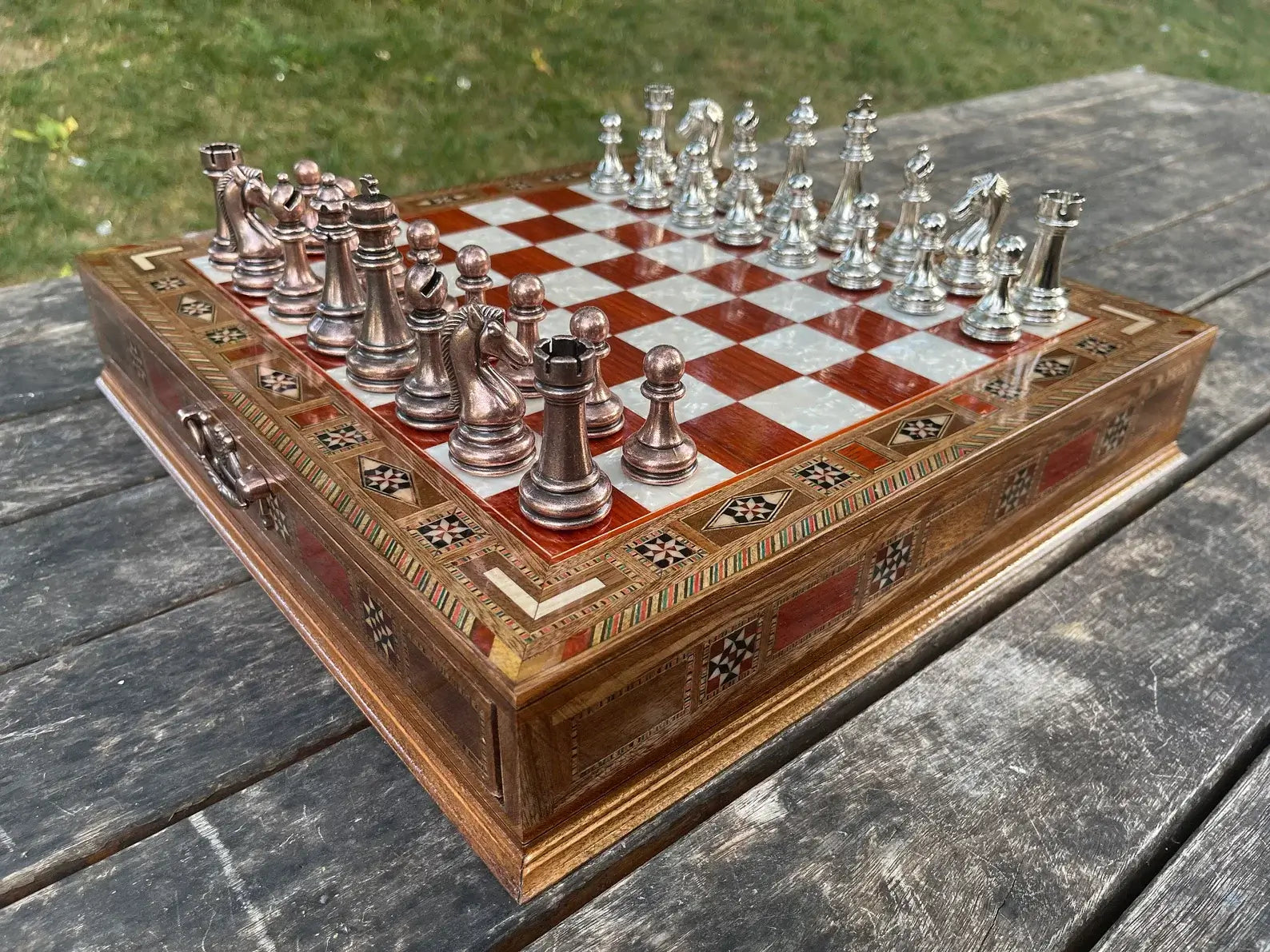
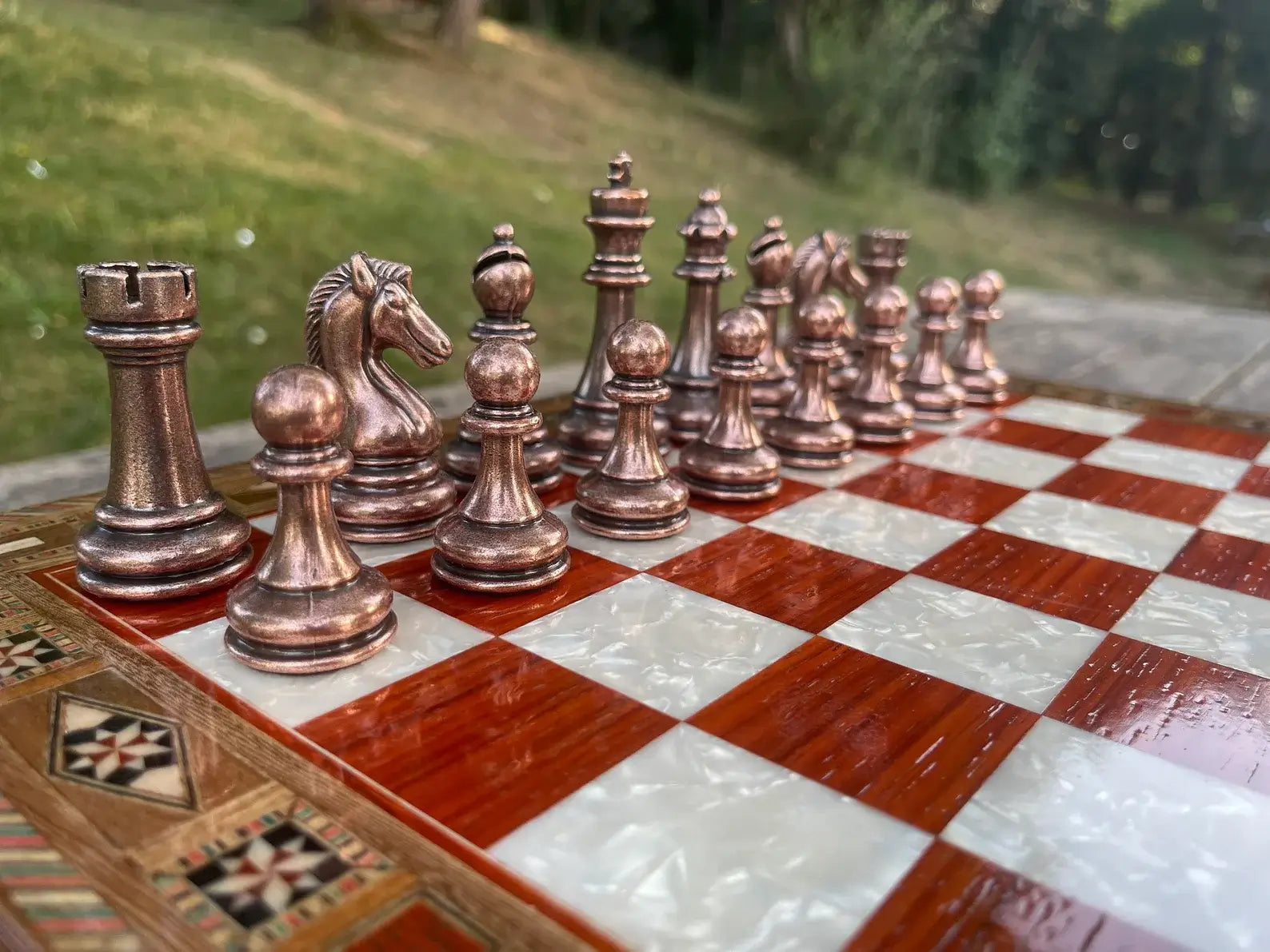
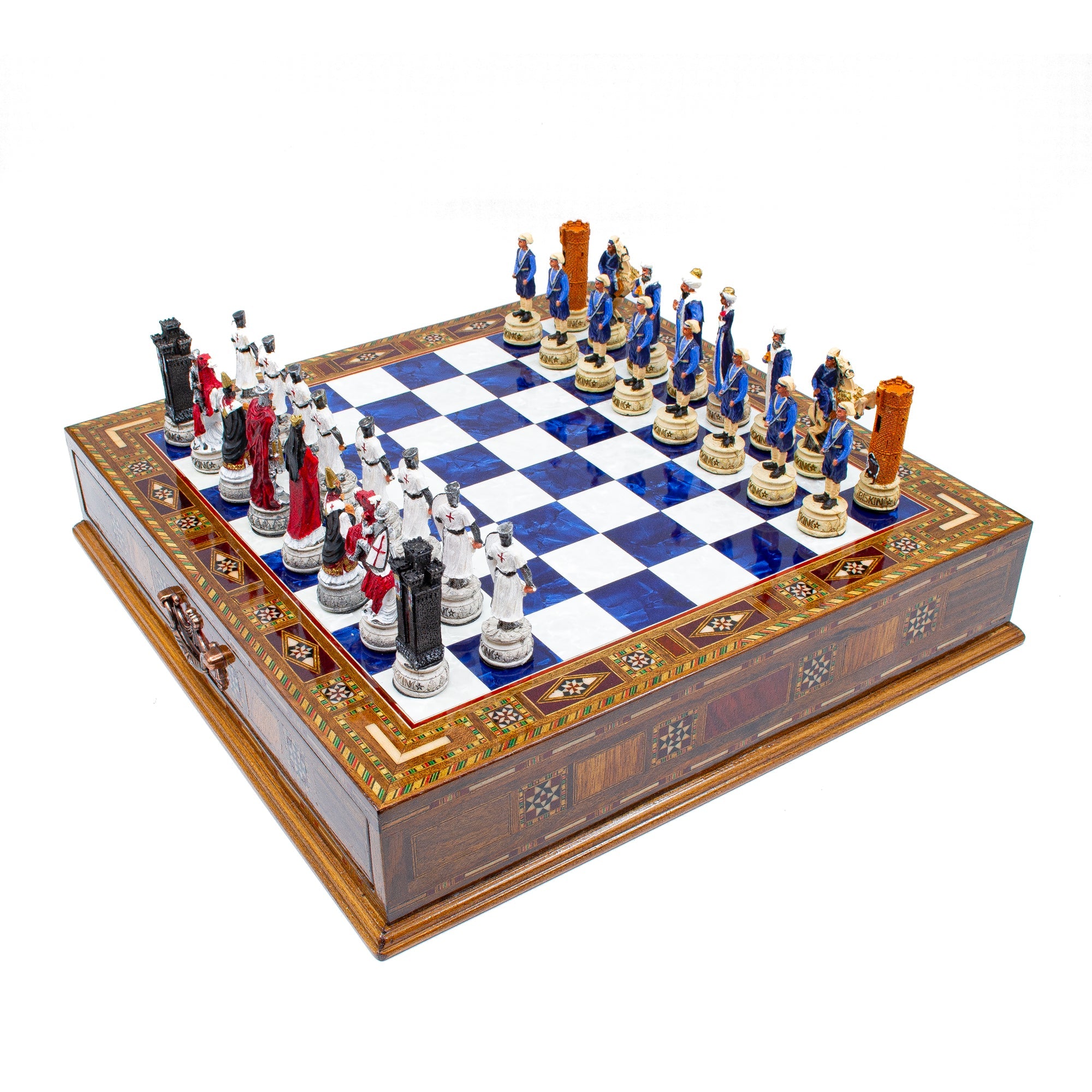
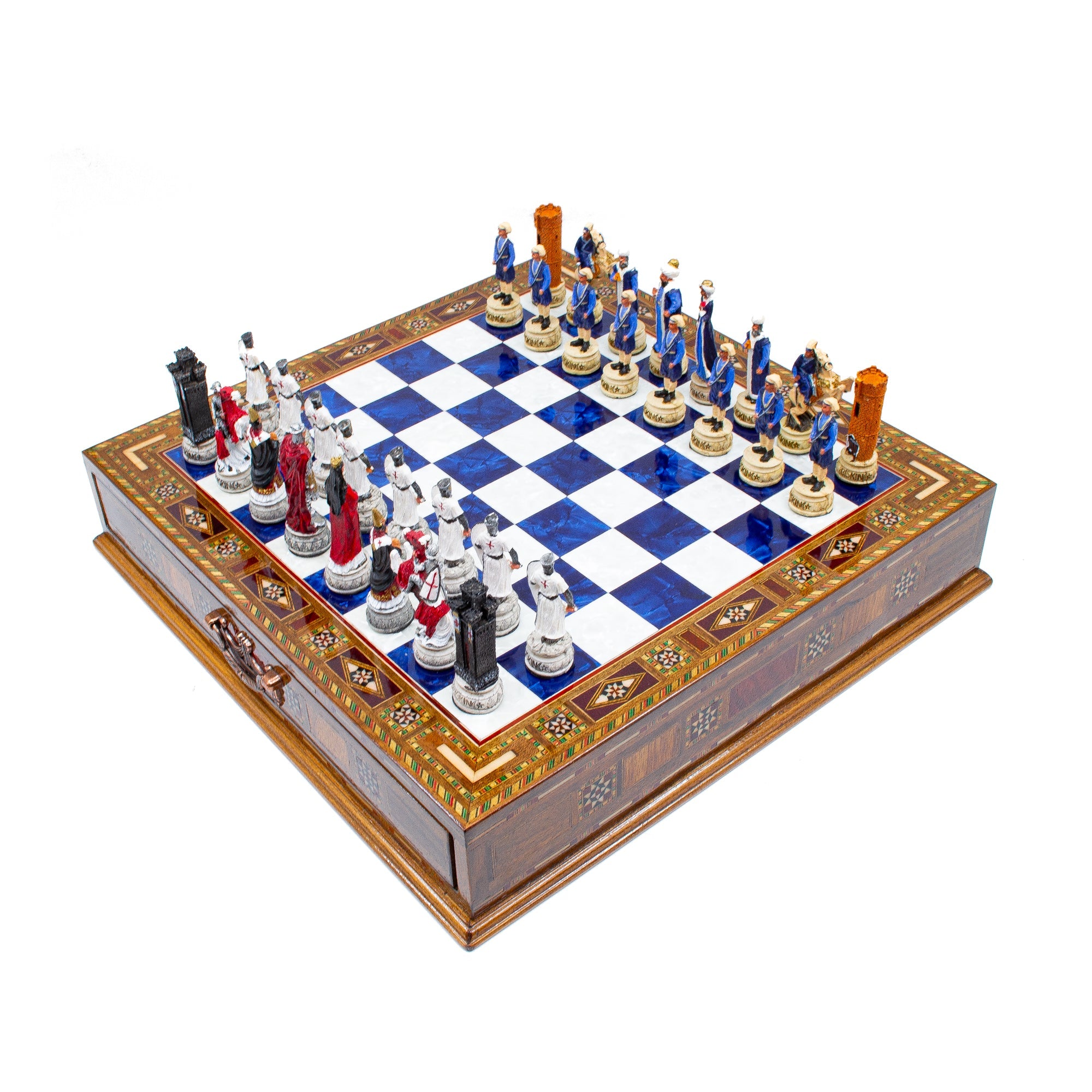
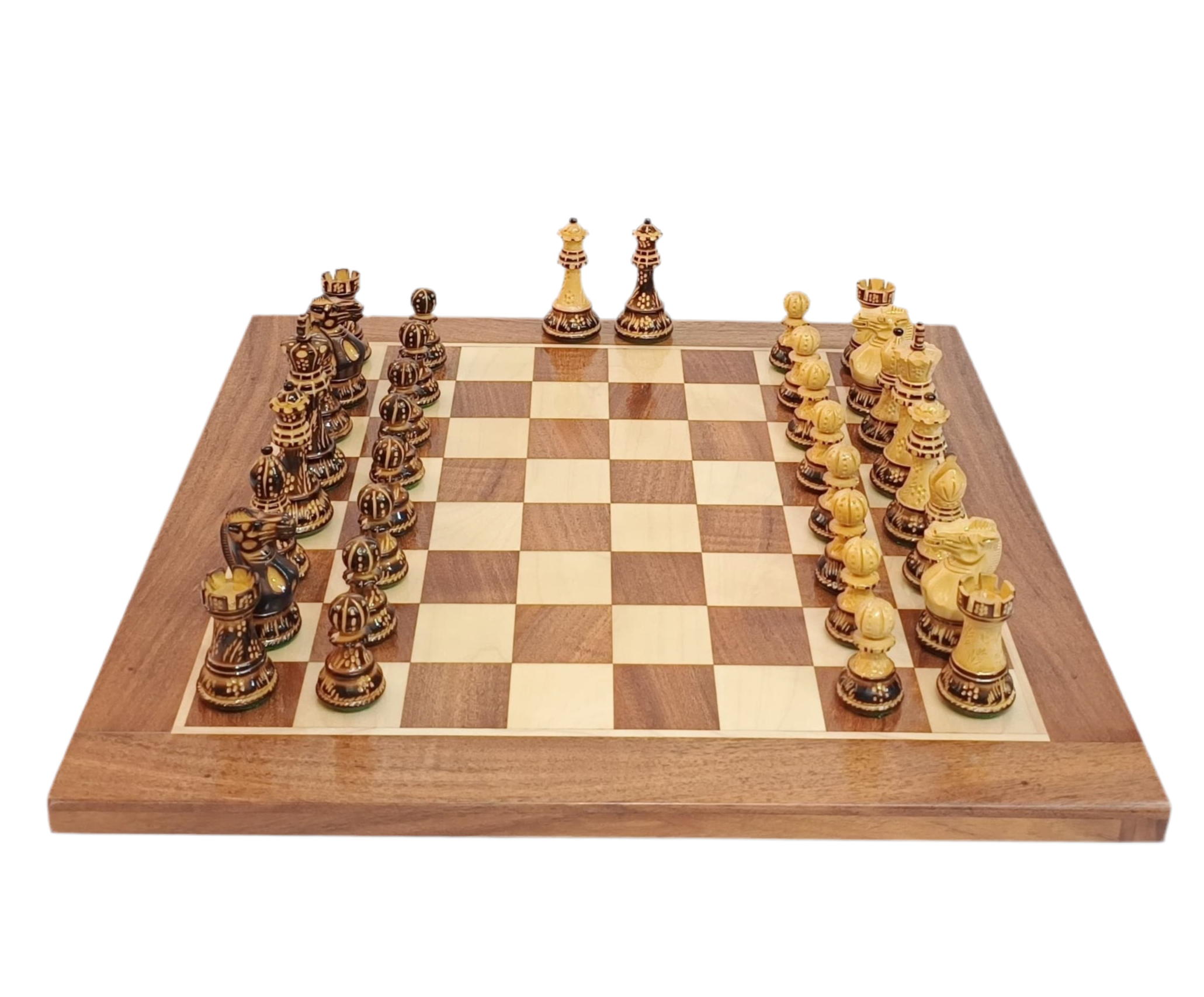
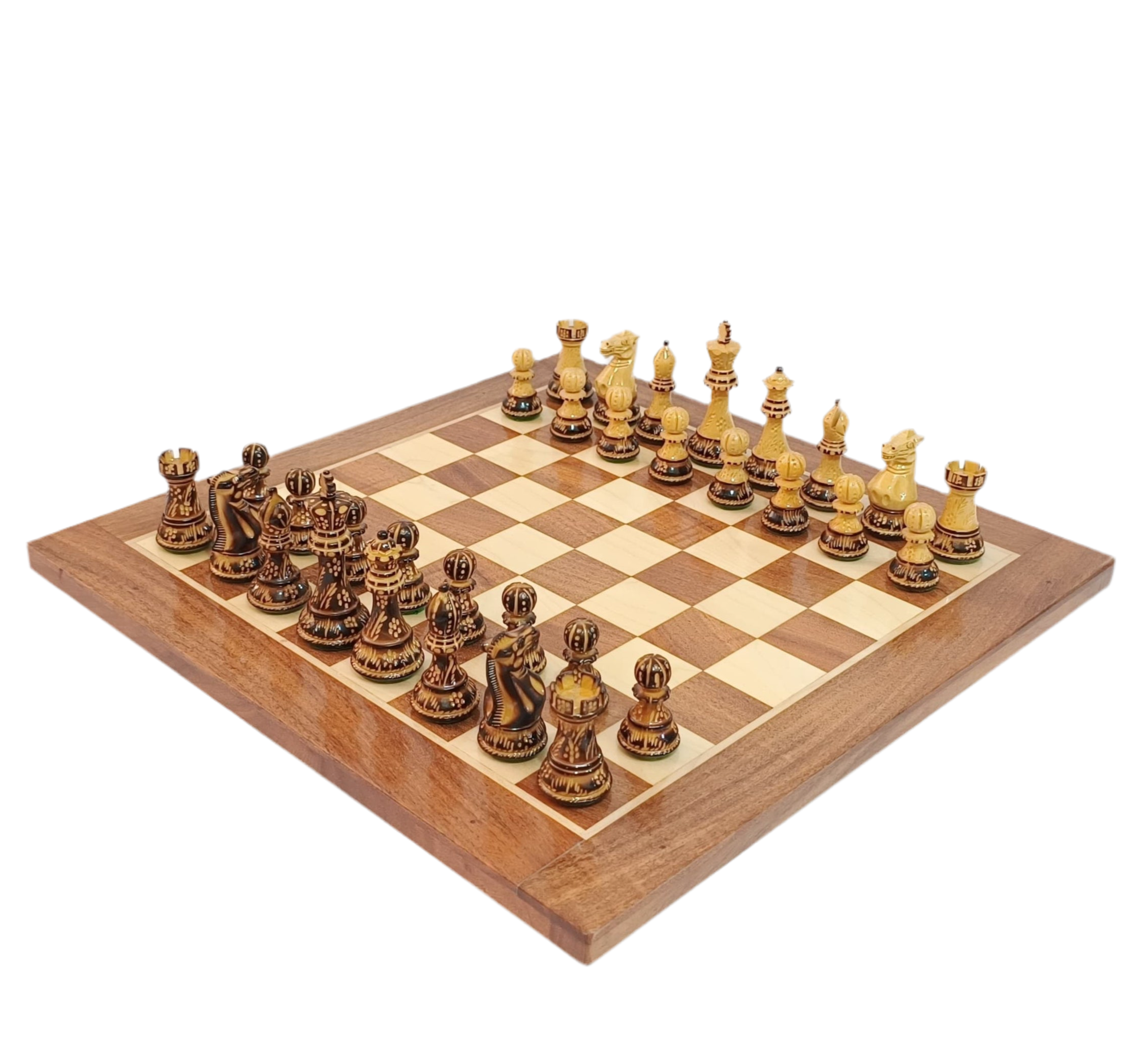
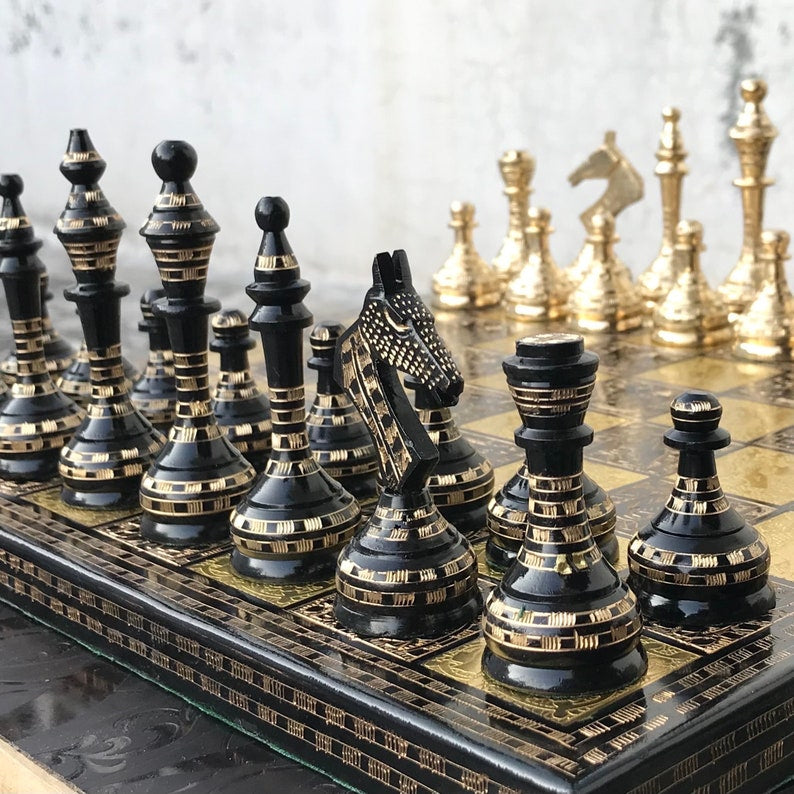
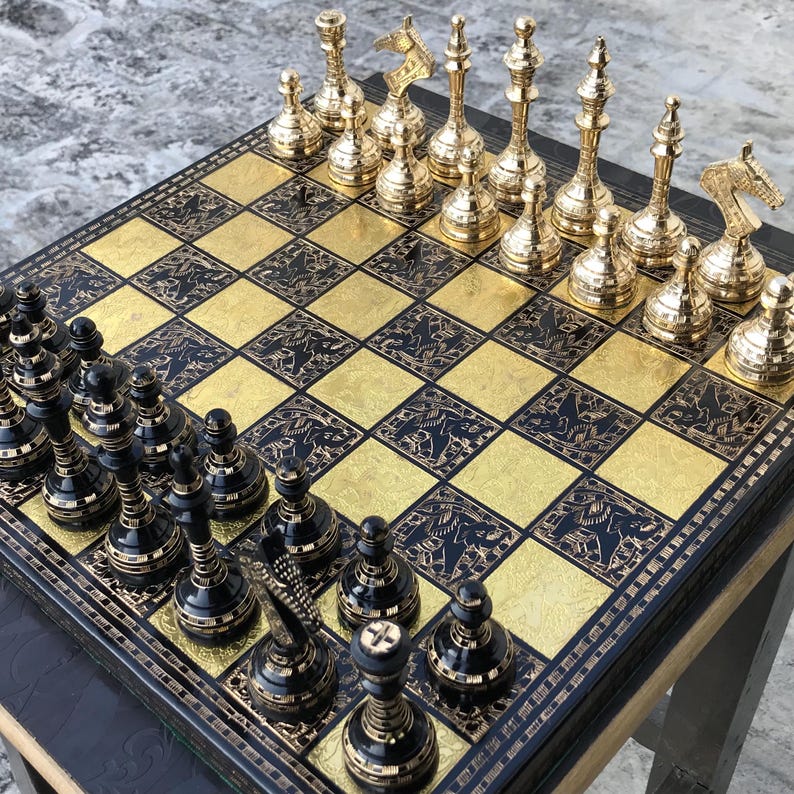


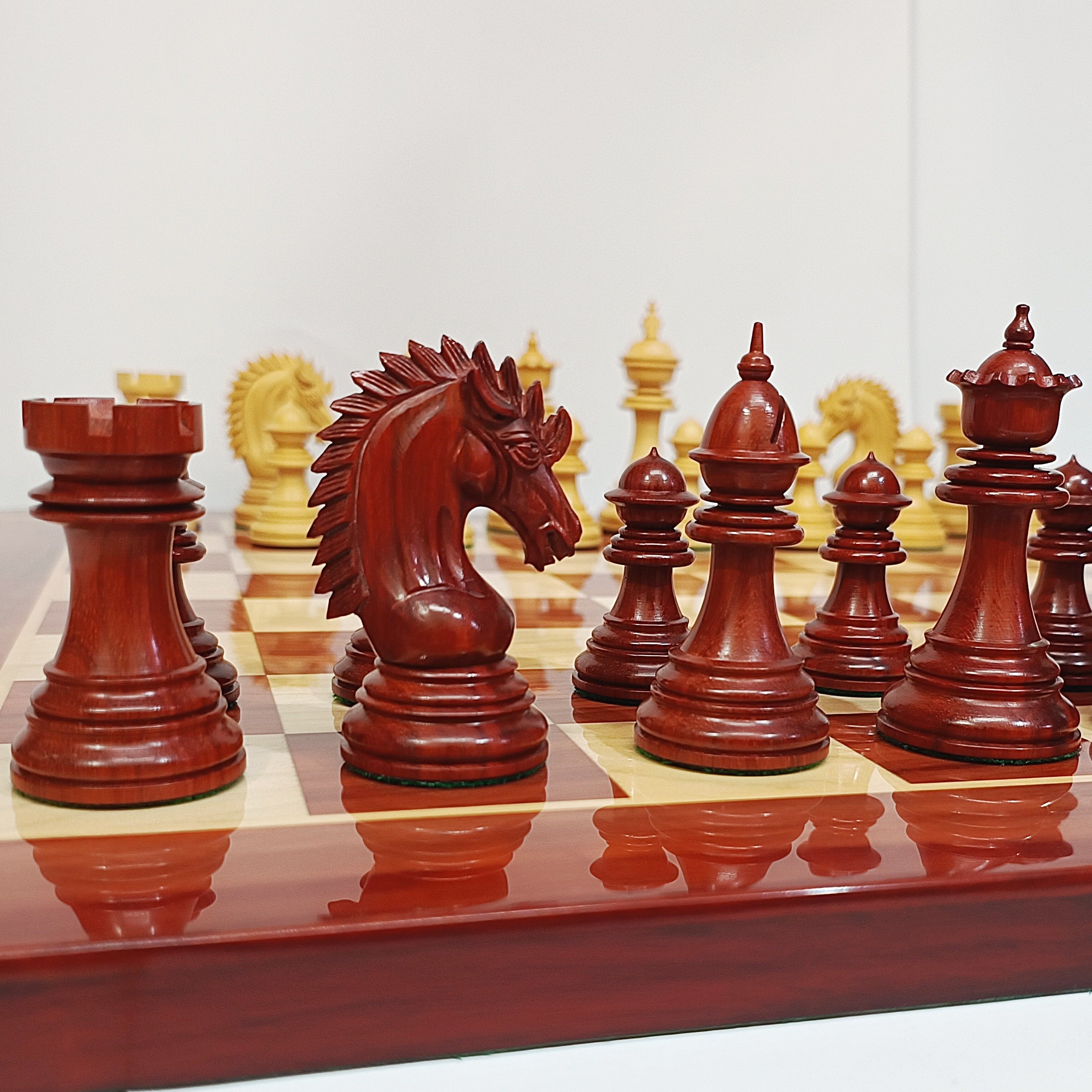
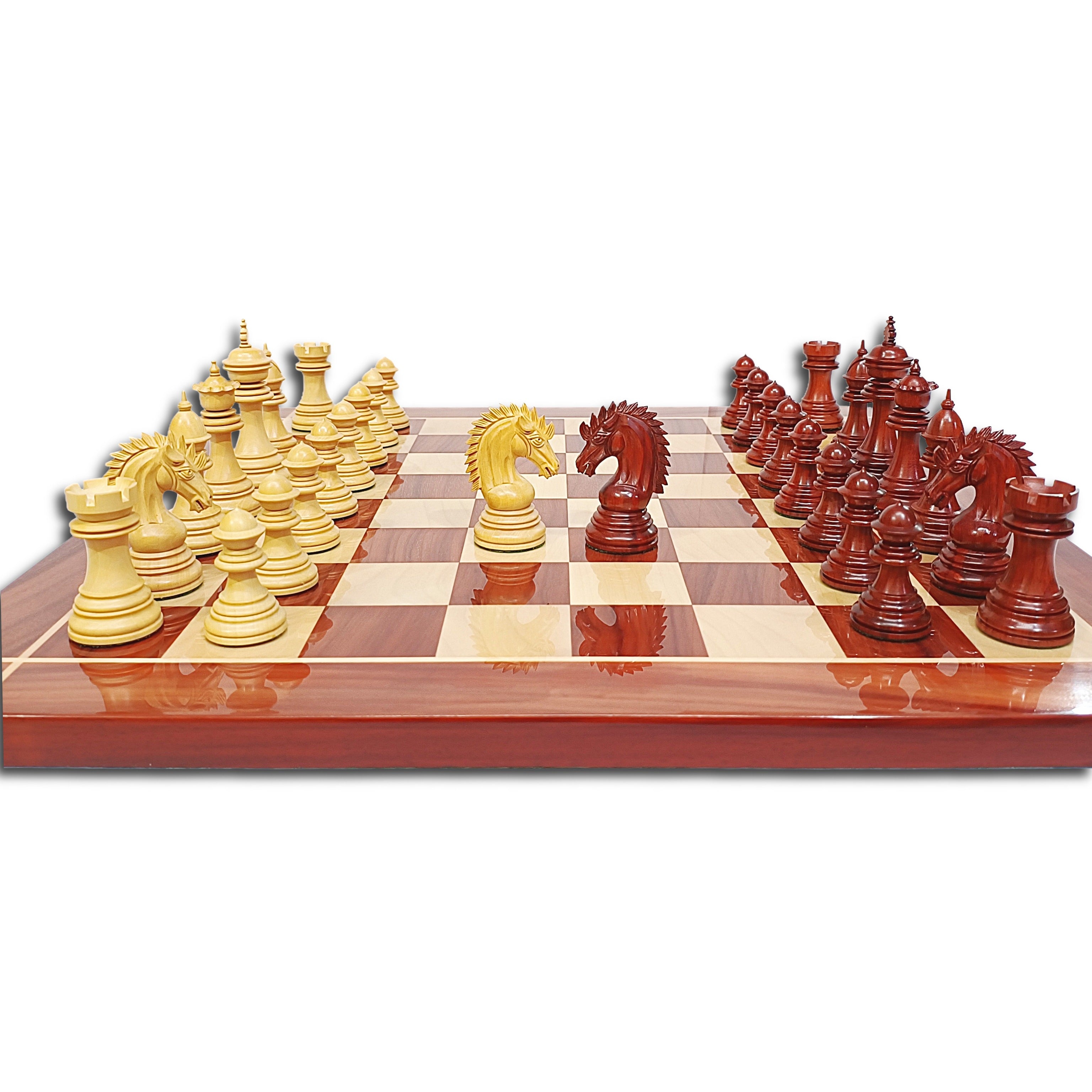
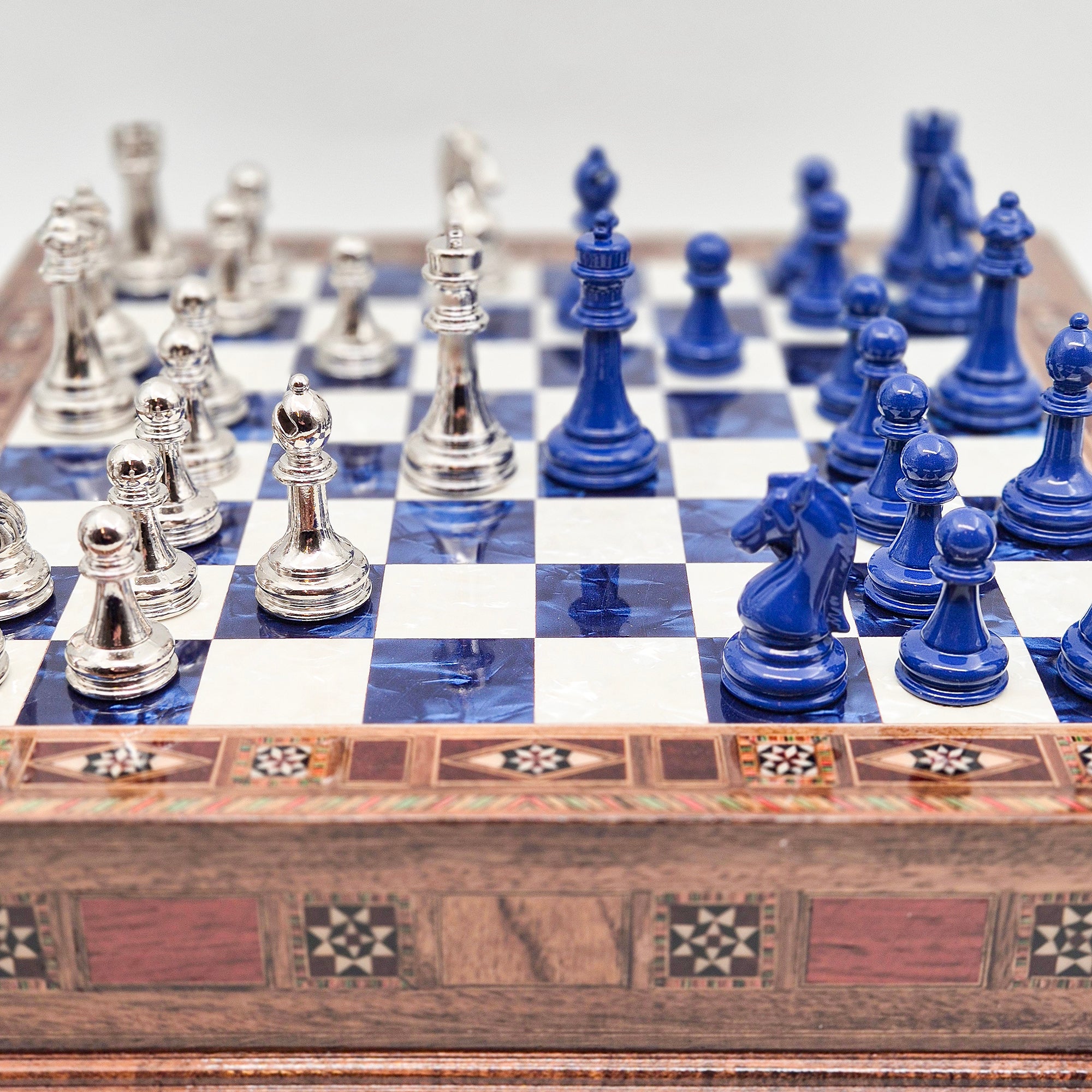
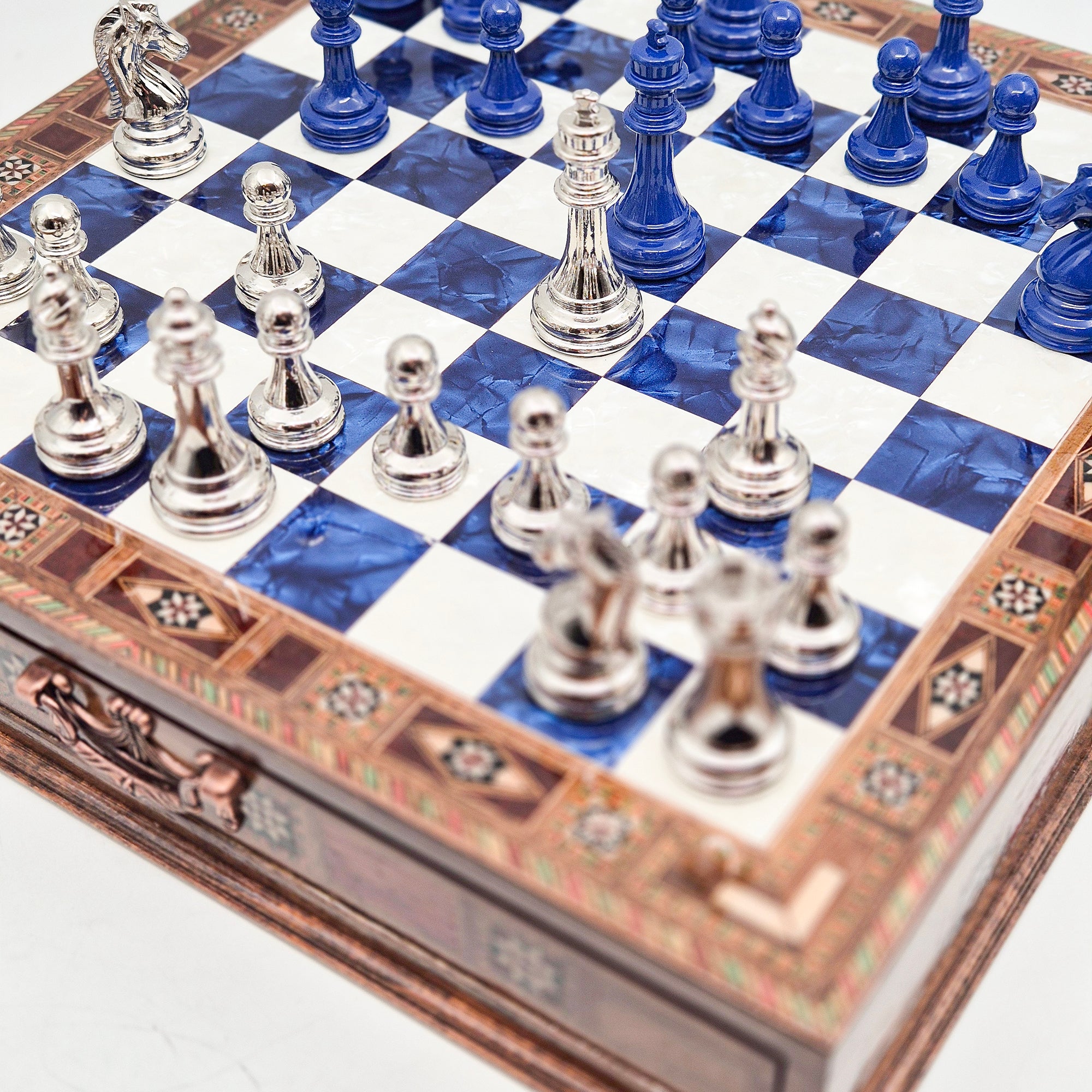
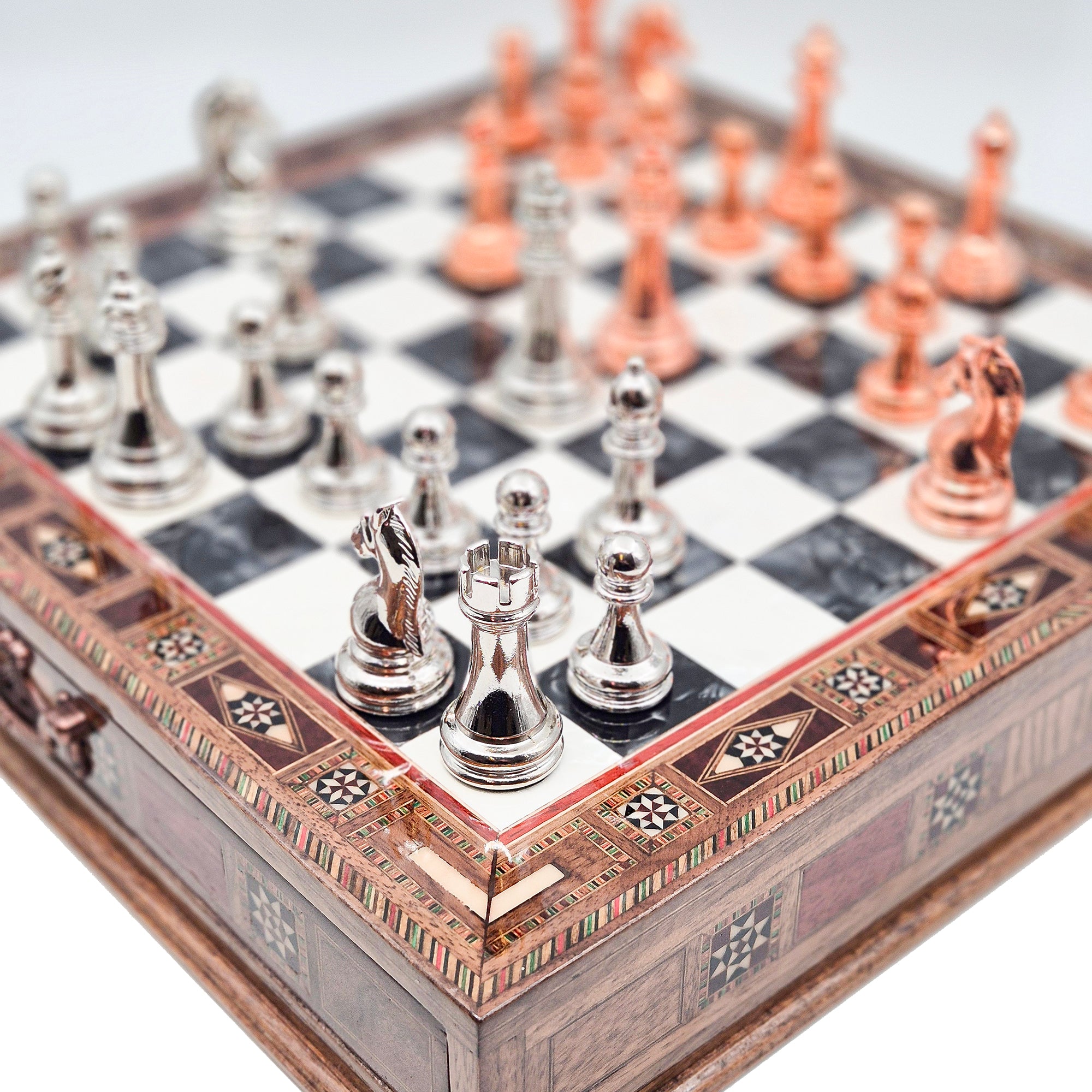
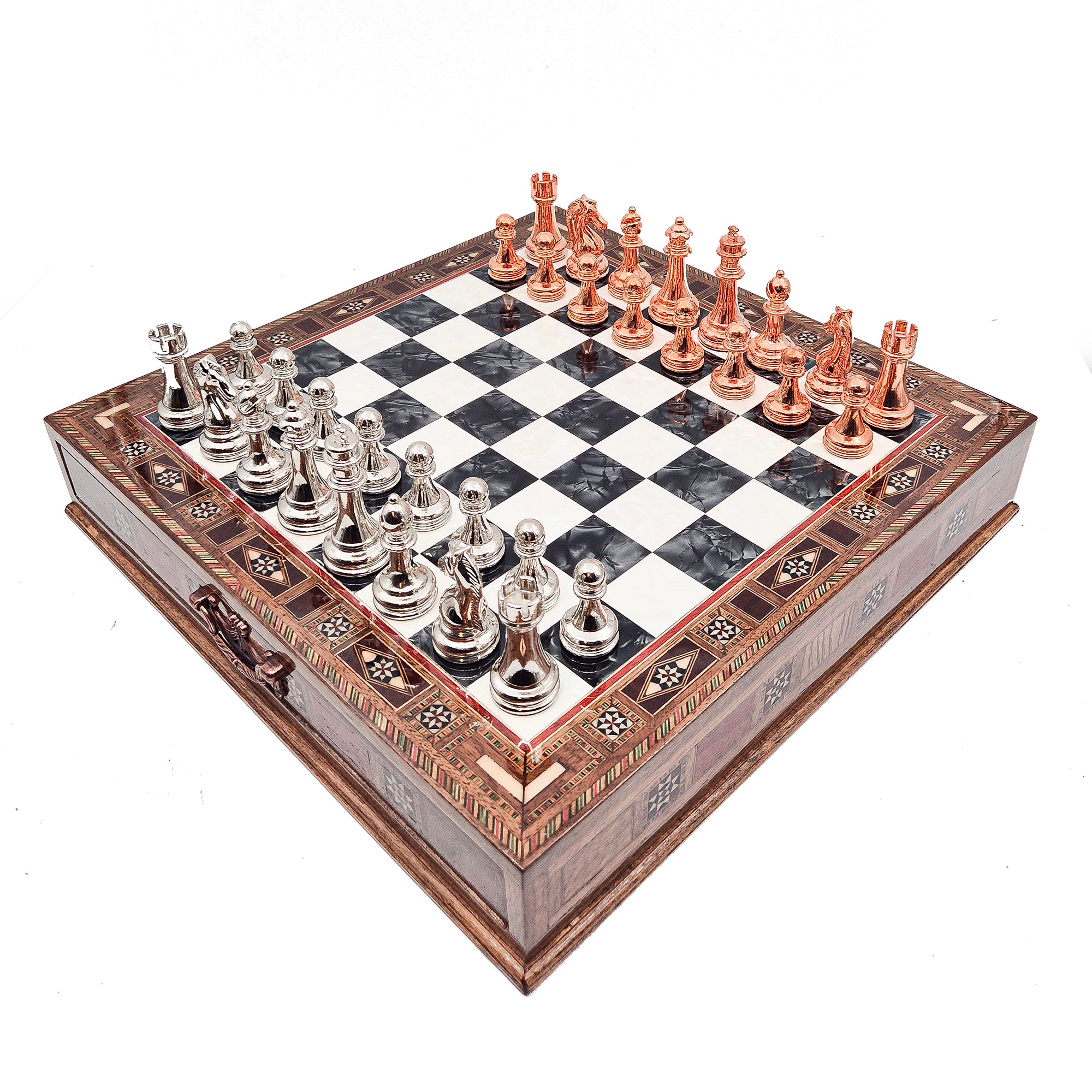
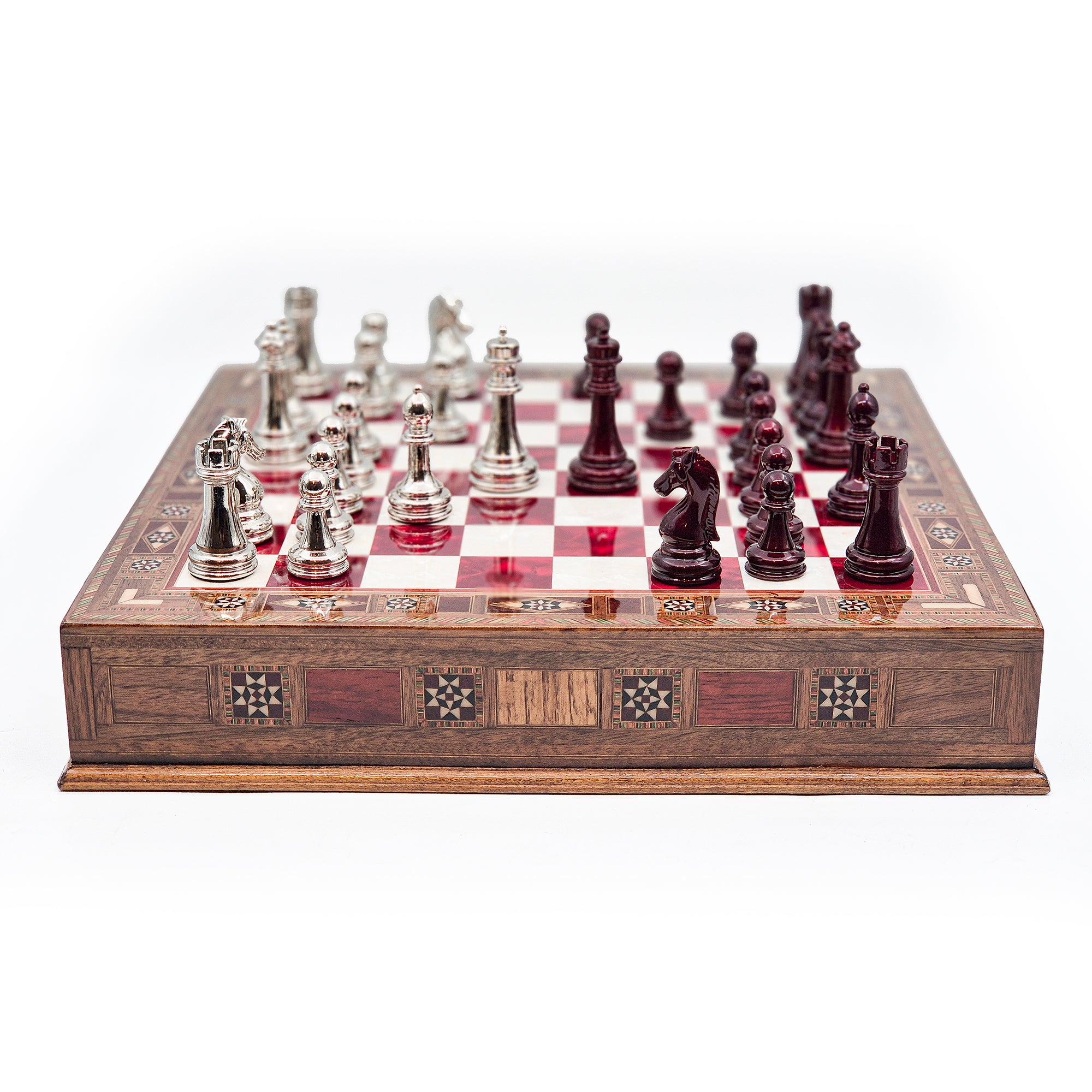
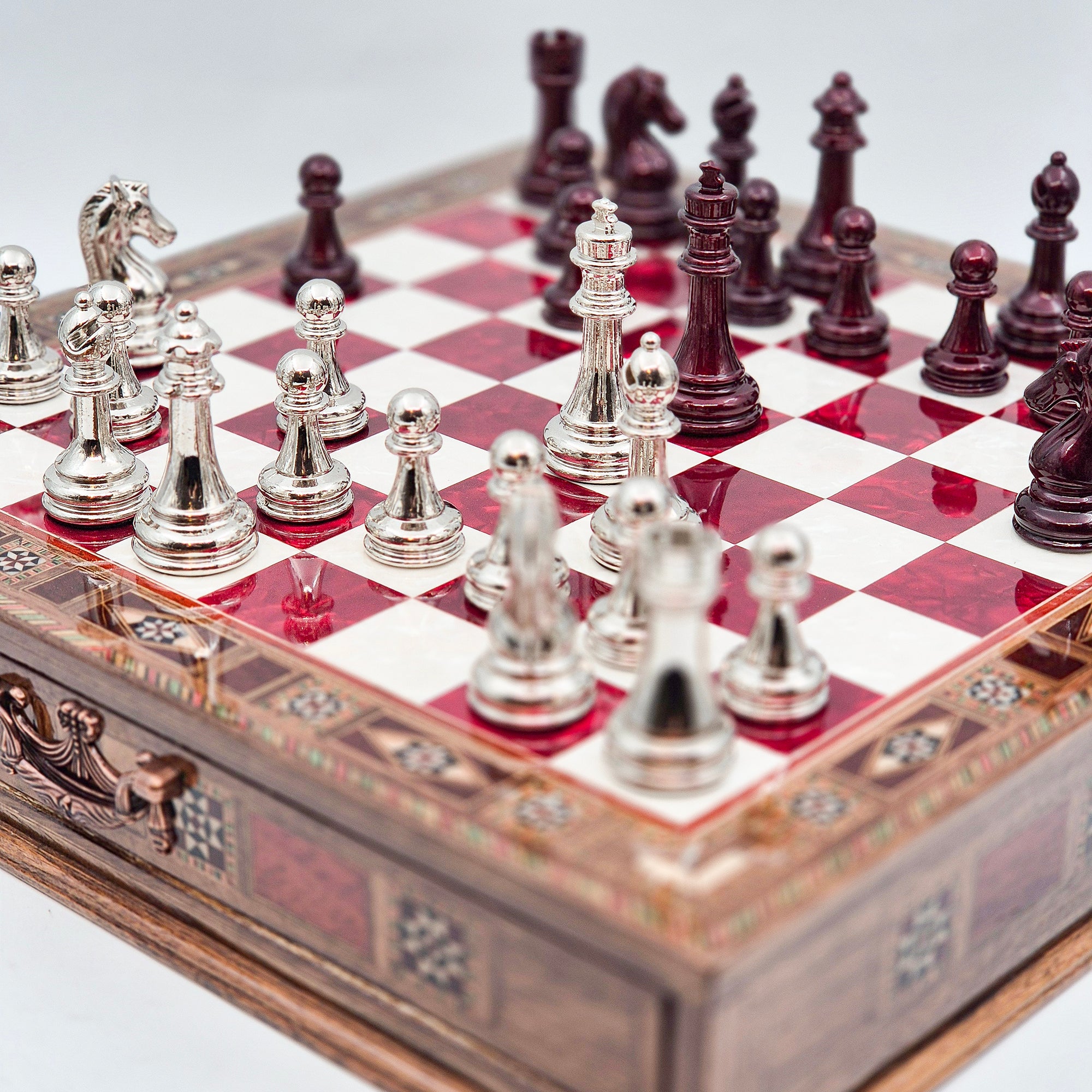
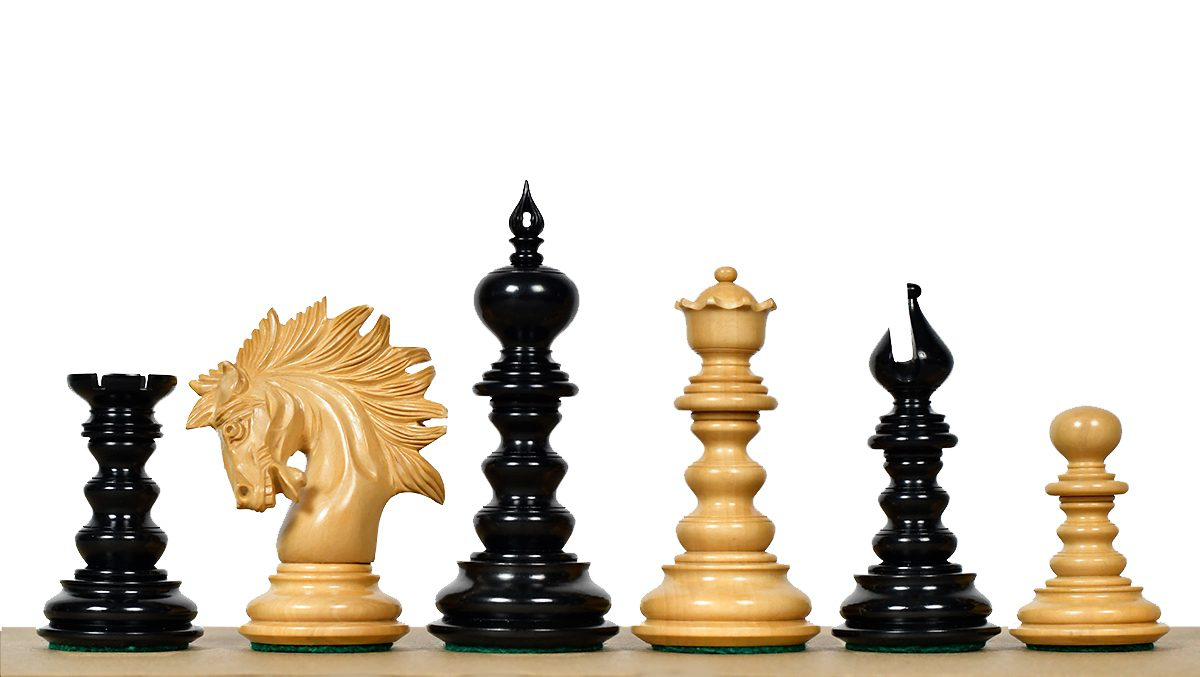
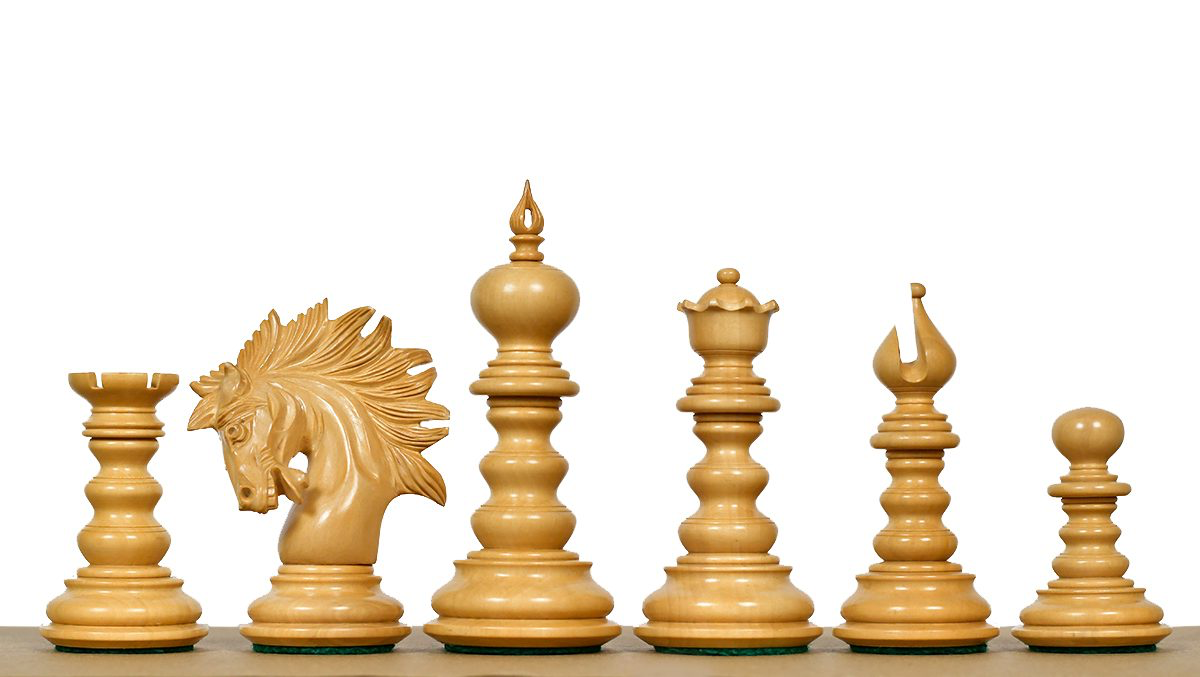
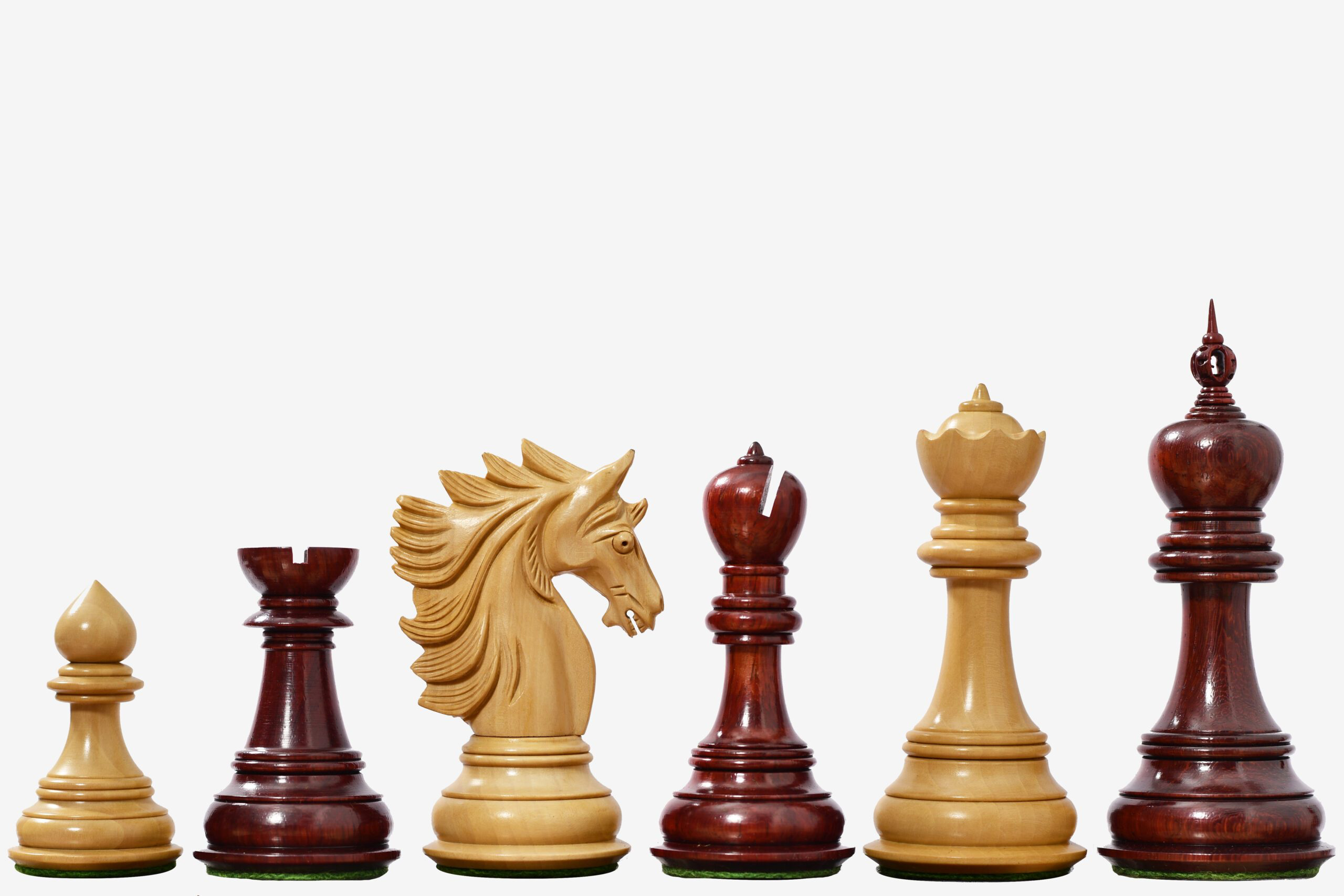
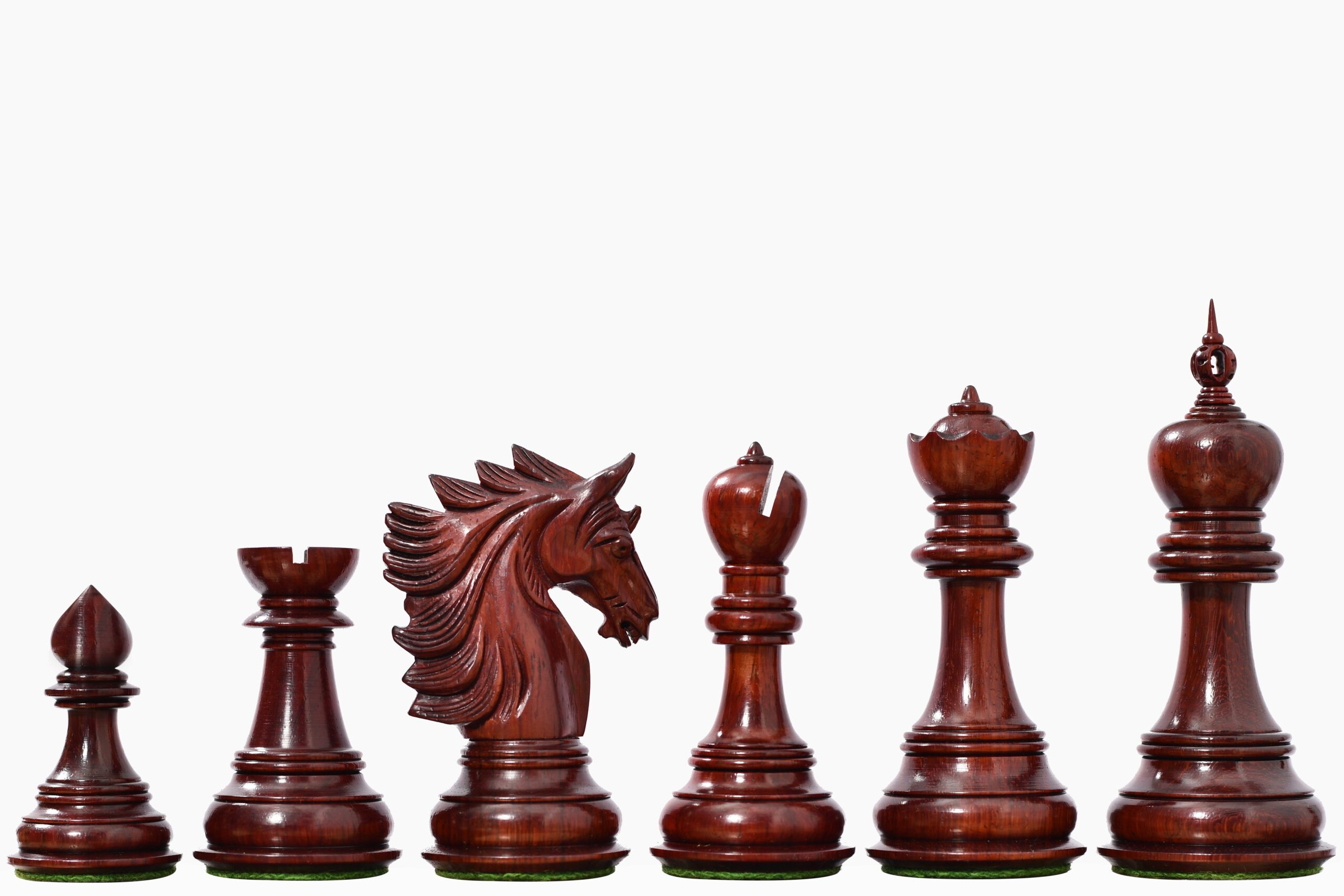
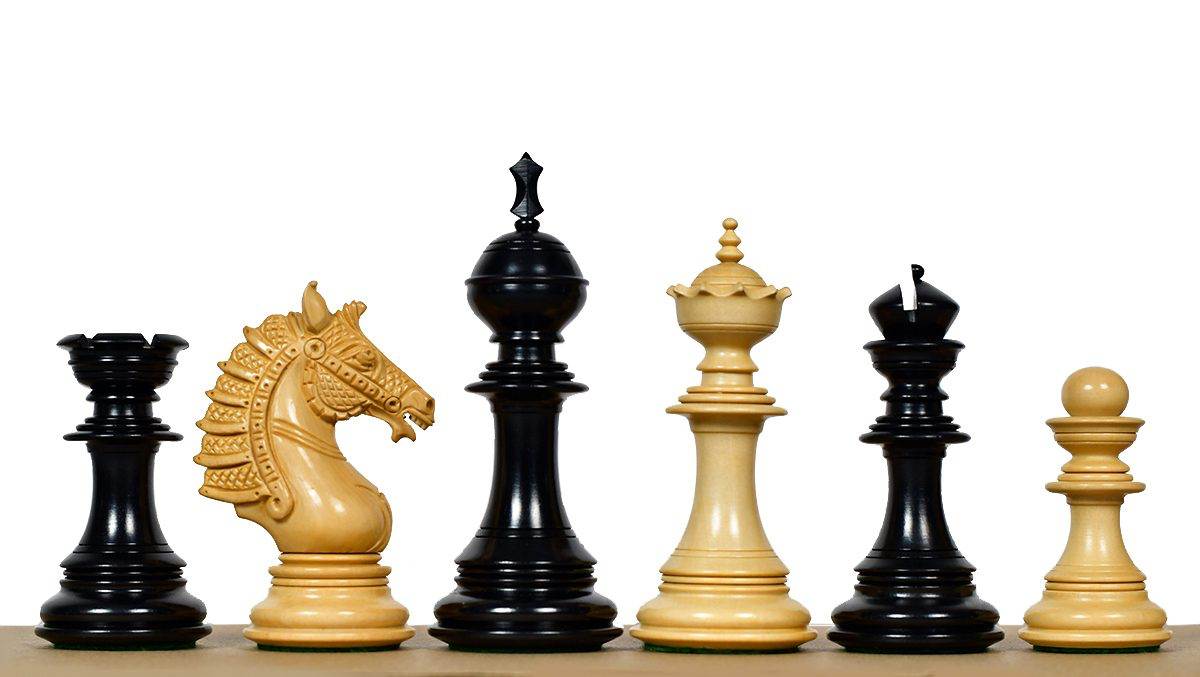
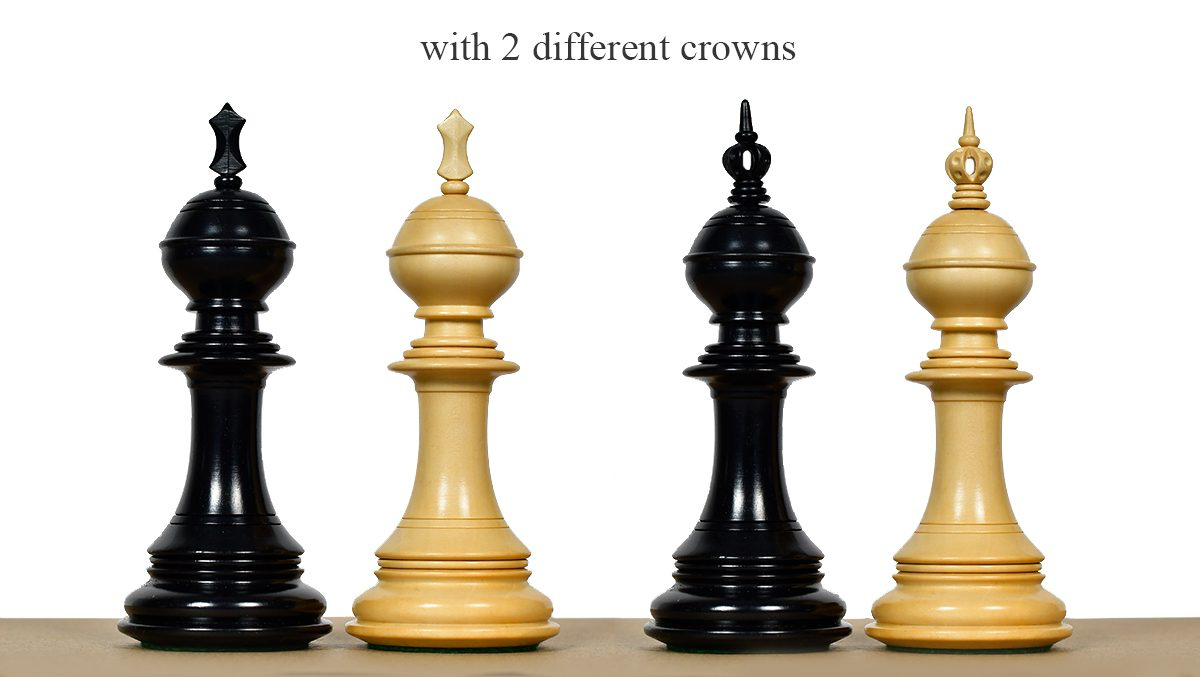
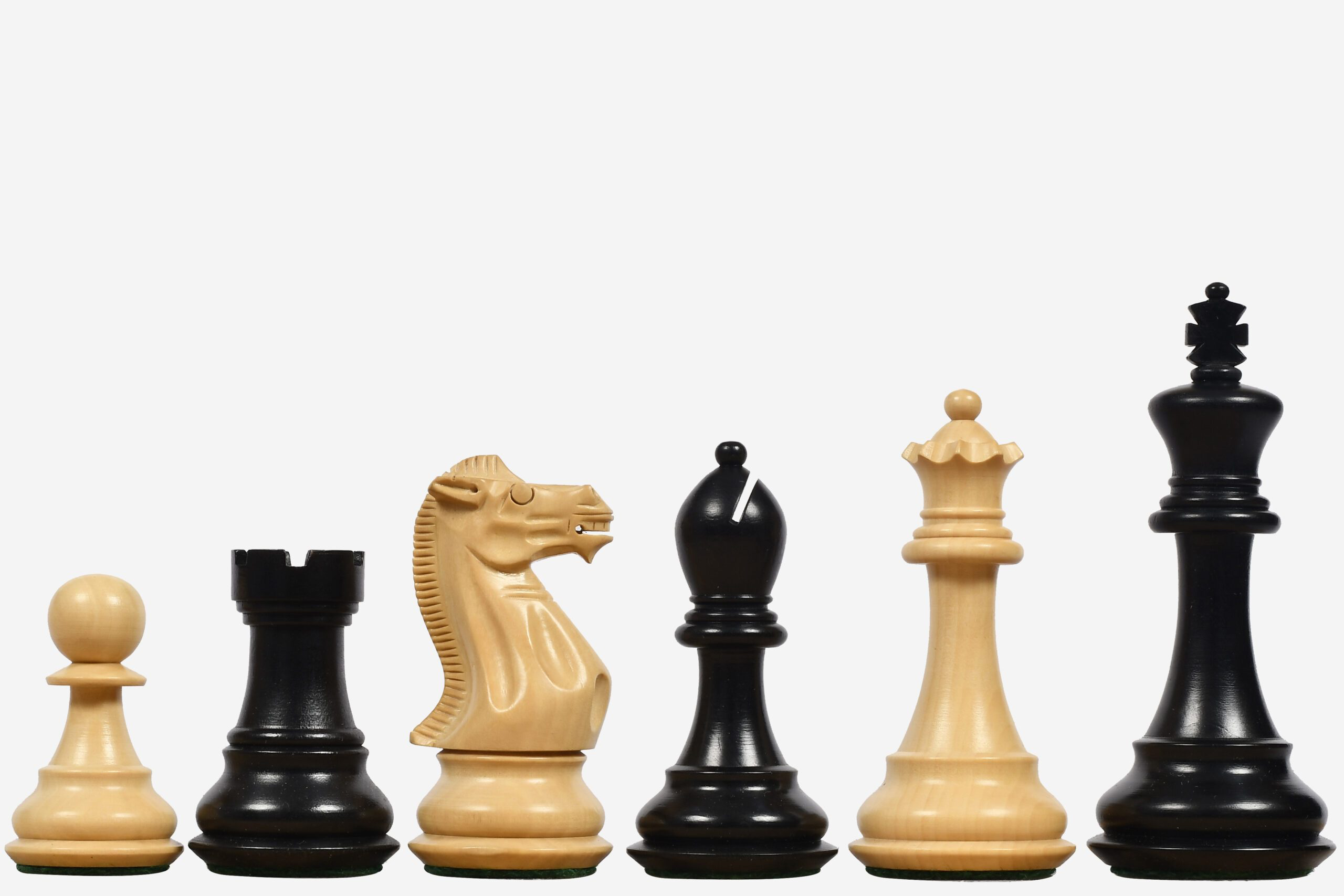
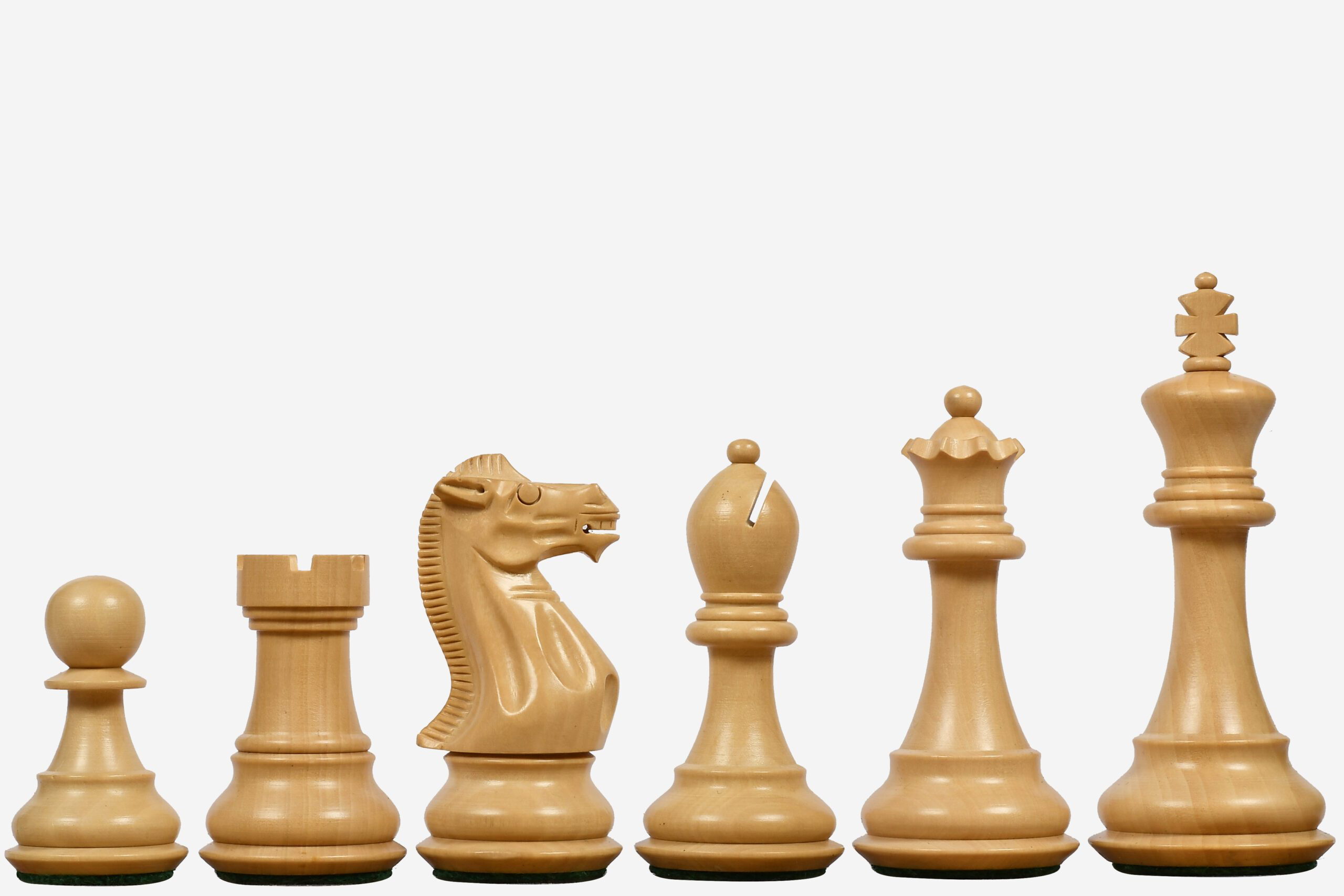
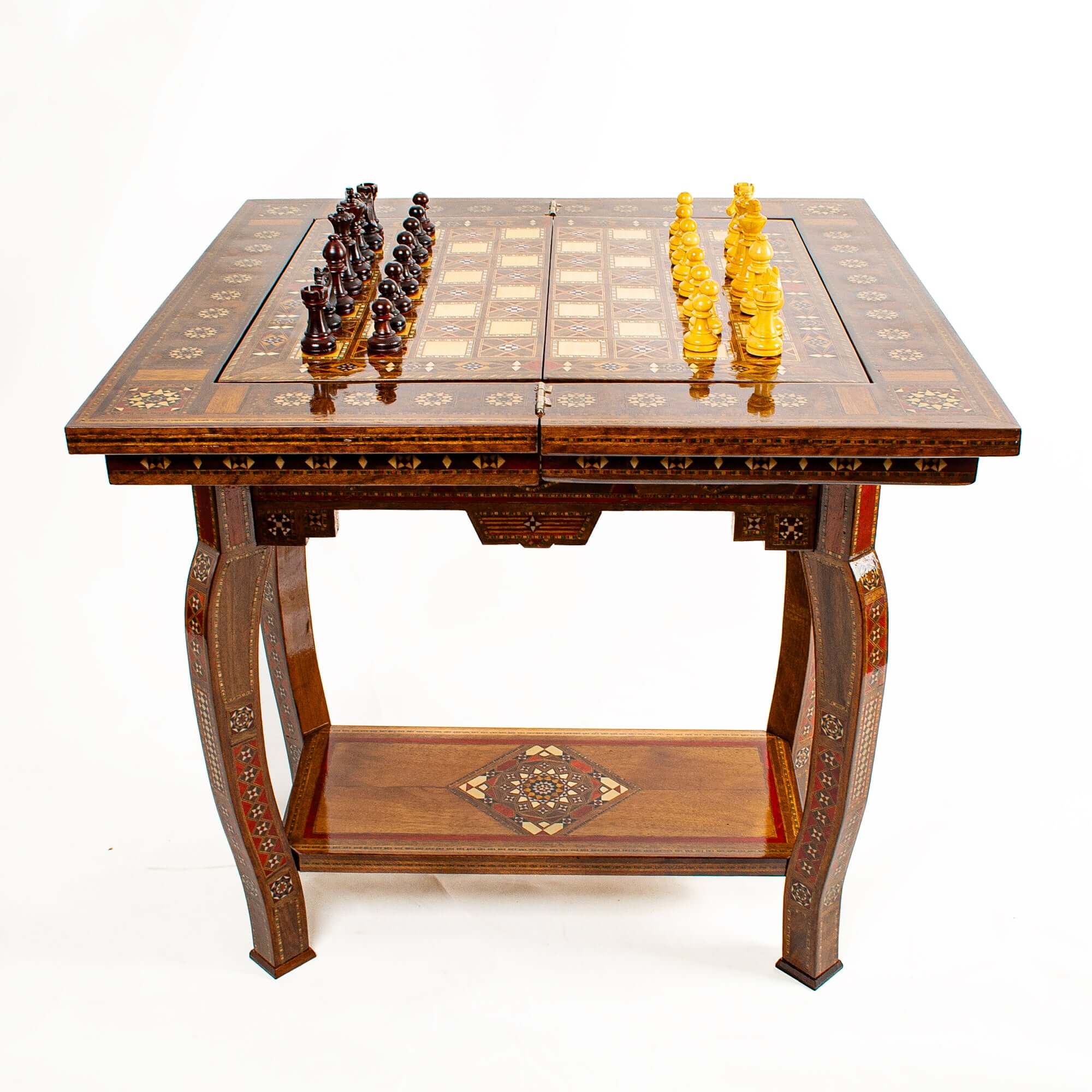

Leave a comment
All comments are moderated before being published.
This site is protected by hCaptcha and the hCaptcha Privacy Policy and Terms of Service apply.